Browse
By Subject: Medical Anthropology
View: By Date | Alphabetical | eBooks | Paperbacks
-
eBook available
 Published July 2010
Published July 2010 Abortion in Asia
Local Dilemmas, Global Politics
Whittaker, A. (ed)
Subjects: Anthropology (General) Medical Anthropology
Hb
Paperback available -
eBook available
 Published May 2020
Published May 2020 Abortion in Post-revolutionary Tunisia
Politics, Medicine and Morality
Maffi, I.
After the revolution of 2011, the electoral victory of the Islamist party ‘Ennahdha’ allowed previously silenced religious and conservative ideas about women’s right to abortion. This book explores the changes and continuity in the local discourses and practices related to the body in Tunisia during this time.
Subjects: Medical Anthropology Gender Studies and Sexuality Political and Economic Anthropology
Hb -
eBook available
 Published November 2019
Published November 2019 Access to Assisted Reproductive Technologies
The Case of France and Belgium
Merchant, J. (ed)
Despite France and Belgium sharing and interacting constantly, access to Assisted Reproductive Technologies are strikingly different. The contributors to this volume are social scientists from France, Belgium, England and the United States and represent different disciplines. Each author has attempted, through the prism of their specialties, to demonstrate and analyse how and why this striking difference in access to ART exists.
Subjects: Medical Anthropology Sociology
Hb -
 Published June 2015
Published June 2015 Achieving Procreation
Childlessness and IVF in Turkey
Demircioğlu Göknar, M.
Managing social relationships for childless couples in pro-natalist societies can be a difficult art to master. With ethnographic research gathered in northwestern Turkey, this book explores infertility and assisted reproductive technologies within a secular Muslim population and how social experience leads to a decision for — or against — having an IVF.
Subjects: Medical Anthropology Gender Studies and Sexuality
Hb -
eBook available
 Published June 2023
Published June 2023 Against Better Judgment
Akrasia in Anthropological Perspectives
McKearney, P. & Evans, N. H. A. (eds)
Anthropologists have long explained social behaviour as if people always do what they think is best. But what if most of these explanations only work because they are premised upon ignoring what philosophers call 'akrasia' – that is, the possibility that people might act against their better judgment? The contributors to this volume turn an ethnographic lens upon situations in which people seem to act out of line with what they judge, desire and intend.
Subjects: Anthropology (General) Anthropology of Religion Medical Anthropology
Hb
Paperback available -
 Published March 2005
Published March 2005 Ageing Without Children
European and Asian Perspectives on Elderly Access to Support Networks
Kreager, P. & Schröder-Butterfill, E. (eds)
Subjects: Medical Anthropology Sociology
Hb
Paperback available -
 Published June 2015
Published June 2015 Aging and the Digital Life Course
Prendergast, D. & Garattini, C. (eds)
Breaking new ground in the study of technology and aging, this book examines how technological developments are redefining experiences and expectations around growing older in the twenty-first century. This book explores the key themes of social media, robotics, chronic disease and dementia management, care-giving, gaming, migration and data inheritance.
Subjects: Anthropology (General) Medical Anthropology
Hb
Paperback available -
 Published May 2003
Published May 2003 Aging in Today's World
Conversations between an Anthropologist and a Physician
Shield, R. R. & Aronson, S. M.
Subjects: Applied Anthropology Sociology Medical Anthropology
Hb
Paperback available -
 Forthcoming January 2026
Forthcoming January 2026 An Anthropology of Global Immunization
Vaccine Politics and Realities in Ethnographic Perspective
Irons, R., Gibbon, S., Cook, J. & Parkhurst, A. (eds)
This edited collection develops a unique anthropological response to the question of global immunization, addressing issues from vaccine hesitancy and conspiracy theories, to local biopolitics. Presented through original research, An Anthropology of Global Immunization explore some of the most pressing vaccine concerns of our time, from HPV to COVID-19, HIV and beyond.
Subject: Medical Anthropology
-
eBook available
 Published October 2017
Published October 2017 The Anthropology of the Fetus
Biology, Culture, and Society
Han, S., Betsinger, T. K., & Scott, A. B. (eds)
As a biological, cultural, and social entity, the human fetus is a multifaceted subject which calls for equally diverse perspectives to fully understand. Anthropology of the Fetus seeks to achieve this by bringing together specialists in biological anthropology, archaeology, and cultural anthropology, all with the ultimate goal of developing a holistic anthropology of the fetus.
Subjects: Medical Anthropology Gender Studies and Sexuality Cultural Studies (General)
Hb
Paperback available -
eBook available
 Published December 2005
Published December 2005 Applications of Anthropology
Professional Anthropology in the Twenty-first Century
Pink, S. (ed)
Subjects: Applied Anthropology Medical Anthropology
Hb
Paperback available -
 Published September 2015
Published September 2015 Assisted Reproductive Technologies in the Third Phase
Global Encounters and Emerging Moral Worlds
Hampshire, K. & Simpson, B. (eds)
The “First Phase” of Assisted Reproductive Technologies followed the first “test-tube baby” birth, when treatments were available only to the wealthy. In the “Second Phase,” these treatments became available to a wider, but still elite, population. This volume explores the “Third Phase,” as ARTs are becoming a standard part of reproductive healthcare.
Subject: Medical Anthropology
Hb -
 Published August 2009
Published August 2009 Assisting Reproduction, Testing Genes
Global Encounters with the New Biotechnologies
Birenbaum-Carmeli, D. & Inhorn, M. C. (eds)
Subjects: Medical Anthropology Sociology
Hb -
 Published May 2014
Published May 2014 Asymmetrical Conversations
Contestations, Circumventions, and the Blurring of Therapeutic Boundaries
Naraindas, H., Quack, J., & Sax, W. S. (eds)
“This is a compelling and intellectually satisfying volume that offers important new ethnographic work which, I would argue, revitalizes studies of medical pluralism…an important project by some of the most outstanding and well-known scholars in these areas of study — several of whose names readers will recognize and inspire interest in the volume.” · Murphy Halliburton, City University of New York
Subjects: Medical Anthropology Anthropology of Religion
Hb -
eBook available
 Published August 2018
Published August 2018 Being a Sperm Donor
Masculinity, Sexuality, and Biosociality in Denmark
Mohr, S.
Through ethnographic explorations of the everyday lives of Danish sperm donors, Being a Sperm Donor explores how masculinity and sexuality are reconfigured in a time in which the norms and logics of (reproductive) biomedicine have become ordinary, and examines how the latter’s socio-cultural and political dimensions become intertwined with men’s intimate sense of self.
Subjects: Medical Anthropology Gender Studies and Sexuality Sociology
Hb
Paperback available -
 Forthcoming April 2026
Forthcoming April 2026 Between Anthropology and Psychiatry
Littlewood, R. & Dein, S.
Bridging Psychology and Anthropology, this volume critiques dominant models such as psychoanalysis and the biopsychosocial framework. Drawing on cross-cultural case studies –from Hasidic healing to jinn possession, it argues for plural approaches that integrate biological, psychodynamic and sociocultural perspectives to better understand human experience.
Subjects: Medical Anthropology Theory and Methodology
-
 Published October 2016
Published October 2016 Biomedical Entanglements
Conceptions of Personhood in a Papua New Guinea Society
Herbst, F. A.
Biomedical Entanglements is an ethnographic study of the Giri people of Papua New Guinea, focusing on the indigenous population’s interaction with modern medicine. The study bridges medical anthropology and global health, exploring how the ‘biomedical’ is imbued with social meaning and how biomedicine affects Giri ways of life.
Subjects: Anthropology (General) Medical Anthropology
Hb
Paperback available -
eBook available
 Published August 2013
Published August 2013 The Body in Balance
Humoral Medicines in Practice
Horden, P. & Hsu, E. (eds)
Subject: Medical Anthropology
Hb
Paperback available -
 Published June 2020
Published June 2020 Borders across Healthcare
Moral Economies of Healthcare and Migration in Europe
Sahraoui, N. (ed)
Borders across Healthcare explores contemporary moral economies of the healthcare-migration nexus through a scalar and relational perspective. The volume documents the many ways in which borders come to disrupt healthcare settings and illuminates how judgements of a health-related deservingness become increasingly important, producing hierarchies that undermine a universal right to healthcare.
Subjects: Medical Anthropology Mobility Studies Sociology Sustainable Development Goals
Paperback available -
 Published June 2005
Published June 2005 Breast Feeding and Sexuality
Behaviour, Beliefs and Taboos among the Gogo Mothers in Tanzania
Mabilia, M.
Subjects: Medical Anthropology Gender Studies and Sexuality
Hb
Paperback available -
eBook available
 Published May 2018
Published May 2018 Capturing Quicksilver
The Position, Power, and Plasticity of Chinese Medicine in Singapore
Smith, A. A.
Capturing Quicksilver considers the use, promotion, and legislation of Chinese medicine in Singapore in relation to government policies favoring international investment, urban redevelopment, healthcare regulation, “multiracial” nationalism, and the management of history and heritage. Theoretically and methodologically developed within medical anthropology, it explores embodied experience and individual and group creativity vis-à-vis state agendas.
Subjects: Medical Anthropology Anthropology (General)
Hb -
eBook available
 Published May 2018
Published May 2018 Care across Distance
Ethnographic Explorations of Aging and Migration
Hromadžić, A. & Palmberger, M. (eds)
With a broad geographical scope, Care across Distance explores the multiple ways in which care across regional and national borders materializes from and contributes to changes in political economy; family and intergenerational relations; religion and spirituality; ethics and responsibility; and personhood and subjectivity.
Subjects: Medical Anthropology Refugee and Migration Studies
Hb
Paperback available -
eBook available
 Published September 2009
Published September 2009 Childbirth, Midwifery and Concepts of Time
McCourt, C. (ed)
Subject: Medical Anthropology
Hb
Paperback available -
eBook available
 Published July 2022
Published July 2022 Chinese Medicine in East Africa
An Intimacy with Strangers
Hsu, E.
Based on fieldwork conducted between 2001-2008 in urban East Africa, this book explores who the patients, practitioners and paraprofessionals doing Chinese medicine were in this early period of renewed China-Africa relations.
Subject: Medical Anthropology
Hb
Paperback available -
eBook available
 Published June 2023
Published June 2023 Cognition, Risk, and Responsibility in Obstetrics
Anthropological Analyses and Critiques of Obstetricians’ Practices
Davis-Floyd, R. & Premkumar, A. (eds)
Volume 2 in this landmark 3-volume series on The Anthropology of Obstetrics and Obstetricians looks at cognition, risk, and responsibility in obstetrics. This book is a must-read for students, social scientists, and all maternity care practitioners who seek to understand obstetricians' differing ideologies and motives for practicing as they do.
Subjects: Medical Anthropology Gender Studies and Sexuality
Hb
Paperback available -
eBook available
 Published May 2012
Published May 2012 Collaborators Collaborating
Counterparts in Anthropological Knowledge and International Research Relations
Konrad, M. (ed)
Subjects: Medical Anthropology Applied Anthropology
Hb -
 Published October 2008
Published October 2008 Conceiving Kinship
Assisted Conception, Procreation and Family in Southern Europe
Bonaccorso, M. M. E.
Subjects: Medical Anthropology Gender Studies and Sexuality
Hb
Paperback available -
eBook available
 Published August 2016
Published August 2016 Conceptions
Infertility and Procreative Technologies in India
Bharadwaj, A.
The book examines the causes and consequences of infertility and the rapid proliferation of new reproductive technologies in ‘modern India’. The book emerges from an ethnographic inquiry that explains how assisted conception, as a means of bypassing infertility, is being accommodated, understood and used in India today.
Subject: Medical Anthropology
Hb -
eBook available
 Published February 2022
Published February 2022 Configuring Contagion
Ethnographies of Biosocial Epidemics
Meinert, L. & Seeberg, J. (eds)
Expanding our understanding of contagion further than typical notions of infection and pandemics, this book widens the field to include biosocial epidemics. The chapters propose varied and detailed answers to questions about the epidemic and contagious potential of specific infections and non-infectious conditions.
Subjects: Medical Anthropology Sociology Sustainable Development Goals
Hb
Paperback available -
eBook available
 Published December 2005
Published December 2005 Conjuring Hope
Healing and Magic in Contemporary Russia
Lindquist, G.
Subjects: Medical Anthropology Anthropology of Religion
Hb
Paperback available -
eBook available
 Published June 2016
Published June 2016 Cosmos, Gods and Madmen
Frameworks in the Anthropologies of Medicine
Littlewood, R. & Lynch, R. (eds)
The social anthropology of sickness and health has always been concerned with religious cosmologies. The chapters cover a range of ethnographic areas and examine notions of personhood, agency, uncertainty and control among other questions. In so doing, the contributors seek to contextualise understandings within wider cultural understandings found in these areas, linking these concepts to the wider social fabric.
Subjects: Medical Anthropology Anthropology of Religion
Hb
Paperback available -
eBook available
 Published January 2015
Published January 2015 Cousin Marriages
Between Tradition, Genetic Risk and Cultural Change
Shaw, A. & Raz, A. (eds)
Juxtaposing contributions from geneticists and anthropologists, this volume provides a contemporary overview of cousin marriage, presenting a reflective, interdisciplinary analysis of the social and ethical issues raised by both the discourse of risk in cousin marriage, as well as existing and potential interventions to promote “healthy consanguinity.”
Subject: Medical Anthropology
Hb
Paperback available -
eBook available
 Published February 2012
Published February 2012 The Cult and Science of Public Health
A Sociological Investigation
Dew, K.
Subjects: Anthropology (General) Sociology Medical Anthropology
Hb
Paperback available -
 Published November 2014
Published November 2014 The Cultural Politics of Reproduction
Migration, Health and Family Making
Unnithan-Kumar, M. & Khanna, S. K. (eds)
Charting the experiences of migrant communities, the volume examines the relationship between movement, reproduction, and health. Informed by research in Europe, Britain, South and East Asia, Canada and Northern America, the chapters examine how healthcare experiences of migrants are embedded in their own worldviews and influenced by wider state systems.
Subjects: Medical Anthropology Refugee and Migration Studies Gender Studies and Sexuality
Hb -
 Published December 2007
Published December 2007 Cultures of Abortion in Weimar Germany
Usborne, C.
Subjects: History: 20th Century to Present Gender Studies and Sexuality Medical Anthropology
Hb
Paperback available -
 Published April 2019
Published April 2019 Cyborg Mind
What Brain–Computer and Mind–Cyberspace Interfaces Mean for Cyberneuroethics
MacKellar, C.
An inter-disciplinary examination of the ethical challenges arisings from direct interfaces between the human brain and computer systems as well as between the mind and cyberspace. This volume is the first extensive study in cyberneuroethics, a subject matter which is certain to have a significant impact in the 21st century and beyond.
Subjects: Medical Anthropology Sociology
Paperback available -
eBook available
 Published June 2017
Published June 2017 The Dance of Nurture
Negotiating Infant Feeding
Van Esterik, P. & O'Connor, R. A.
Breastfeeding and child feeding at the center of nurturing practices, yet the work of nurture has escaped the scrutiny of medical and social scientists. The Dance of Nurture integrates ethnography, biology and the political economy of infant feeding to detail the efforts to improve infant feeding practices globally by UN agencies and advocacy groups concerned with solving global nutrition and health problems.
Subjects: Medical Anthropology Gender Studies and Sexuality
Hb
Paperback available -
 Published December 2008
Published December 2008 Dances with Spiders
Crisis, Celebrity and Celebration in Southern Italy
Lüdtke, K.
Subjects: Medical Anthropology Performance Studies
Hb -
eBook available
 Published January 2020
Published January 2020 The Devil is Disorder
Bodies, Spirits and Misfortune in a Trinidadian Village
Lynch, R.
What role might the Devil have in health and illness? The Devil is Disorder explores constructions of the body, health, illness and wider misfortune in a Trinidadian village where evangelical Christianity is growing in popularity. Based on long-term ethnography, the book takes a nuanced cosmological approach to situate evangelical Christian understandings.
Subjects: Medical Anthropology Anthropology of Religion Sociology
Hb -
eBook available
 Published November 2020
Published November 2020 Dust Inside
Fighting and Living with Asbestos-Related Disasters in Brazil
Mazzeo, A.
Toxic production, disrupted lives and contaminated bodies. Care for unacknowledged suffering, incurable cancers, and immeasurable losses. This book bears witness to the invisible disasters provoked by the asbestos market worldwide and gives a voice to the communities of survivors who struggle daily in the name of social and environmental justice.
Subjects: Medical Anthropology Environmental Studies (General)
Hb -
eBook available
 Published January 2021
Published January 2021 Embodying Borders
A Migrant’s Right to Health, Universal Rights and Local Policies
Ferrero, L., Quagliariello, C., & Vargas, A. C. (eds)
Based on extensive field research, the essays in this volume illuminate the experiences of migrants from their own point of view, providing a critical understanding of the complex social reality in which each experience is grounded.
Subjects: Refugee and Migration Studies Medical Anthropology
Hb
Paperback available -
 Published March 2008
Published March 2008 Empathy and Healing
Essays in Medical and Narrative Anthropology
Skultans, V.
Subject: Medical Anthropology
Hb
Paperback available -
 Published May 2003
Published May 2003 Ethics and Genetics
A Workbook for Practitioners and Students
Wert, G. de, Meulen, R. ter, Mordacci, R. & Tallacchini, M.
Subjects: Medical Anthropology Sociology
Hb -
 Published May 2003
Published May 2003 The Ethics of New Reproductive Technologies
Cases and Questions
Dooley, D., Dalla-Vorgia, P., Garanis-Papdatos, T., & McCarthy, J.
Subject: Medical Anthropology
Hb -
eBook available
 Published March 2014
Published March 2014 The Ethics of the New Eugenics
MacKellar, C. & Bechtel, C. (eds)
Subjects: Medical Anthropology Sociology
Hb
Paperback available -
eBook available
 Published June 2010
Published June 2010 Ethnobotany in the New Europe
People, Health and Wild Plant Resources
Pardo-de-Santayana, M., Pieroni, A. & Puri, R. (eds)
Subjects: Environmental Studies (General) Development Studies Anthropology (General) Medical Anthropology
Hb
Paperback available -
eBook available
 Published March 2009
Published March 2009 European Kinship in the Age of Biotechnology
Edwards, J. & Salazar, C. (eds)
Subject: Medical Anthropology
Hb
Paperback available -
 Published September 2011
Published September 2011 Evidence, Ethos and Experiment
The Anthropology and History of Medical Research in Africa
Geissler, P. W. & Molyneux, C. (eds)
Subjects: Medical Anthropology Development Studies
Hb
Paperback available -
 Published July 2011
Published July 2011 Fatness and the Maternal Body
Women's Experiences of Corporeality and the Shaping of Social Policy
Unnithan-Kumar, M. & Tremayne, S. (eds)
Subjects: Medical Anthropology Gender Studies and Sexuality
Hb -
eBook available
 Published September 2017
Published September 2017 Fertility, Conjuncture, Difference
Anthropological Approaches to the Heterogeneity of Modern Fertility Declines
Kreager, P. & Bochow, A. (eds)
In the last forty years anthropologists have made major contributions to understanding the heterogeneity of reproductive trends and processes underlying them. Fertility transition, rather than the story of the triumphant spread of Western birth control rationality, family forms, and modern technology to the whole world, reveals a diversity of reproductive means and ends continuing before, during, and after transition.
Subjects: Medical Anthropology Gender Studies and Sexuality
Hb -
eBook available
 Published August 2019
Published August 2019 Fierce Medicines, Fragile Socialities
Grounding Global HIV Treatment in Tanzania
Mattes, D.
Looking at Tanga, a city on the Tanzanian Swahili coast, Dominik Mattes examines the implementation of antiretroviral HIV-treatment (ART) in the area, exploring the manifold infrastructural and social fragilities of treatment provision in public HIV clinics as well as patients’ multi-layered struggles of coming to terms with ART in their everyday lives.
Subjects: Medical Anthropology Development Studies Sustainable Development Goals
Hb
Paperback available -
 Published June 2010
Published June 2010 Folk Healing and Health Care Practices in Britain and Ireland
Stethoscopes, Wands and Crystals
Moore, R. & McClean, S. (eds)
Subject: Medical Anthropology
Hb -
eBook available
 Published June 2012
Published June 2012 Fortune and the Cursed
The Sliding Scale of Time in Mongolian Divination
Swancutt, K.
Subjects: Medical Anthropology Anthropology of Religion
Hb -
eBook available
 Published February 2024
Published February 2024 Fragile Futures
Ambiguities of Care in Burkina Faso
Samuelsen, H.
Caring for small children and the family in Burkina Faso is hard work. Although the health infrastructure in Burkina Faso is weak and many citizens feel neglected by the state, Fragile Futures shows that the state continues to play an important role in people’s engagements and hopes for a better future.
Subjects: Anthropology (General) Medical Anthropology Development Studies Sustainable Development Goals
Hb -
eBook available
 Published December 2016
Published December 2016 A Fragmented Landscape
Abortion Governance and Protest Logics in Europe
De Zordo, S., Mishtal, J., & Anton. J. (eds)
Since 1945, European states’ social policy landscapes have proven remarkably varied, especially when it comes to contentious issues such as abortion, which is governed by a wide range of policy regimes. This volume provides a comprehensive, interdisciplinary survey of the struggles over abortion rights in Europe from the immediate postwar era to the present era.
Subjects: Medical Anthropology History: 20th Century to Present
Hb
Paperback available -
eBook available
 Published April 2025
Published April 2025 From Legacies to Futures
The Lifeworlds of Older Adults in Europe
Seidel, K., Prendergast, D., & Saris, A. J.
Through ninety-four ethnographic case studies of community dwelling older adults in Europe before and during the COVID-19 pandemic, this book highlights the importance of agency, friction between self-perceptions on age and outside impositions and the need to deconstruct old age as a homogenizing category of belonging.
Subjects: Anthropology (General) Medical Anthropology Sociology
Hb -
 Published March 2015
Published March 2015 From Virtue to Vice
Negotiating Anorexia
O' Connor, R. A. & Esterik, P. van
The recovered hold the key to overcoming anorexia. This volume weaves together sufferers’ stories to reveal two accidental afflictions: misdirected development and an activity disorder. Also, as the recovered know anorexia from the inside, they can offer solutions to help other sufferers recover.
Subjects: Medical Anthropology Food & Nutrition
Hb -
eBook available
 Published October 2018
Published October 2018 The Global Age-Friendly Community Movement
A Critical Appraisal
Stafford, P. B. (ed)
This book provides an introduction to the global phenomenon of the age-friendly community movement, through an extensive collection of international case studies by researchers and practitioners. It explores current tensions in the movement and offers a wide-ranging set of recommendations for advancing age-friendly community development.
Subjects: Medical Anthropology Sociology
Hb
Paperback available -
eBook available
 Published July 2018
Published July 2018 Global Fluids
The Cultural Politics of Reproductive Waste and Value
Kroløkke, C.
Embedded in feminist communication, sociological, and anthropological scholarship, Global Fluids examines the ways in which women’s body products (such as urine, eggs, and placentas) become valuable ingredients in the fertility and cosmetics industries, and develops cultural politics of reusability and extensibility to discuss the moral limits of their global distribution.
Subjects: Medical Anthropology Gender Studies and Sexuality Sociology
Hb -
eBook available
 Published October 2014
Published October 2014 Globalized Fatherhood
Inhorn, M. C., Chavkin, W. & Navarro, J.-A. (eds)
Looking through a twenty-first century lens, anthropologists, sociologists, and cultural geographers consider fatherhood from Peru to India to Vietnam. The volume highlights the globally emergent, transnationally inflected transformations in fathering, fatherhood, and family life, suggesting that men throughout the world are responding to globalization as fathers in creative and unprecedented ways.
Subjects: Medical Anthropology Gender Studies and Sexuality
Hb
Paperback available -
 Published February 2015
Published February 2015 Healing Roots
Anthropology in Life and Medicine
Laplante, J.
Laplante follows umhlonyane — one of the oldest and best-documented indigenous medicines in South Africa. The volume follows the plant anthropologically on its trails and trials of becoming a biopharmaceutical — from the “open air” to controlled environments — learning from the plant itself, and from the people who use it with hopes in healing.
Subject: Medical Anthropology
Hb
Paperback available -
 Published September 2016
Published September 2016 Health and Difference
Rendering Human Variation in Colonial Engagements
Widmer, A. & Lipphardt, V. (eds)
In this volume, contributors follow physicians, demographers, nutrition experts, physical anthropologists, colonial agents, military officials and missionaries in colonies all over the globe, with specific attention to how they tried to sort out pressing health problems of populations they perceived to be diverse.
Subjects: Medical Anthropology Colonial History
Hb -
eBook available
 Published November 2008
Published November 2008 Health, Risk, and Adversity
Panter-Brick, C. & Fuentes, A. (eds)
Subject: Medical Anthropology
Hb
Paperback available -
eBook available
 Published August 2018
Published August 2018 Healthcare in Motion
Immobilities in Health Service Delivery and Access
Vindrola-Padros, C., Johnson G. A., & Pfister, A. E. (eds)
Healthcare in Motion explores the dynamic interrelationship between mobility and healthcare, drawing on case studies from across the world and examining the day-to-day practices of patients and professionals. It considers how the need for health services engenders particular (im)mobility forms, and how mobility is experienced and imagined when it is required for healthcare.
Subjects: Mobility Studies Medical Anthropology
Hb -
 Published January 2012
Published January 2012 Identity Politics and the New Genetics
Re/Creating Categories of Difference and Belonging
Schramm, K., Skinner, D., & Rottenburg, R. (eds)
Subjects: Medical Anthropology Sociology
Paperback available -
eBook available
 Published February 2025
Published February 2025 Illness and Enlightenment
Exploring Tibetan Perspectives on Madness in Text and Everyday Life
Deane, S.
Based on ethnographic fieldwork in the Tibetan region of Amdo in northwest China, Illness and Enlightenment examines Tibetan medical and religious texts, to explore the multi-faceted concept of nyoné through key Tibetan concepts of wind, heart, and mind, as well as human-spirit relationships.
Subjects: Medical Anthropology Anthropology of Religion
Hb -
 Published December 2008
Published December 2008 Impotent Warriors
Perspectives on Gulf War Syndrome, Vulnerability and Masculinity
Kilshaw, S.
Subjects: Medical Anthropology Peace and Conflict Studies Gender Studies and Sexuality
Paperback available -
eBook available
 Published October 2022
Published October 2022 Inconceivable Iran
To Reproduce or Not to Reproduce?
Tremayne, S.
This book offers a much-needed analysis of shifting reproductive policies and practices in the Islamic Republic of Iran, a society that is usually represented as either “revolutionary” or “oppressive.” Instead, Tremayne reflects on more than four decades of research to argue that changing reproductive behaviors on the part of ordinary Iranians must always be viewed against the backdrop of core cultural values and traditions.
Subject: Medical Anthropology
Hb -
eBook available
 Published October 2015
Published October 2015 Indigenous Medicine Among the Bedouin in the Middle East
Abu-Rabia, A.
Modern medicine has penetrated Bedouin tribes, but when serious illnesses strike, even educated people turn to traditional medicine for a remedy. Based on interviews with healers, clients, and other active participants in treatments, this book will contribute to renewed thinking about a synthesis between traditional and modern medicine — to their reciprocal enrichment.
Subject: Medical Anthropology
Hb
Paperback available -
eBook available
 Published November 2020
Published November 2020 Invisible Faces and Hidden Stories
Narratives of Vulnerable Populations and Their Caregivers
Obeng, C. S. & Obeng, S. G. (eds)
Dealing with narratives of vulnerable populations, this book looks at how they deal with dimensions of their social life, especially in regards to health. It reflects the socio-political ecologies like public hostility and stereotyping, neglect of their unique health needs, their courage to overcome adversity, and the love of family and healthcare providers in mitigating their problems.
Subjects: Medical Anthropology Applied Anthropology Sociology
Hb
Paperback available -
 Published February 2024
Published February 2024 Invisible Labours
The Reproductive Politics of Second Trimester Pregnancy Loss in England
Middlemiss, A. L.
Invisible Labours traces women’s experiences of miscarriage and termination for foetal anomaly in the second trimester before legal viability and shows how such events are positioned as less ‘real’ or significant when the foetal being does not, or will not, survive. It describes the reproductive politics of this specific category of pregnancy loss in England.
Subjects: Anthropology (General) Medical Anthropology Gender Studies and Sexuality
-
eBook available
 Published July 2012
Published July 2012 Islam and Assisted Reproductive Technologies
Sunni and Shia Perspectives
Inhorn, M. C. & Tremayne, S. (eds)
Subject: Medical Anthropology
Hb
Paperback available -
eBook available
 Published June 2009
Published June 2009 Islam and New Kinship
Reproductive Technology and the Shariah in Lebanon
Clarke, M.
Subjects: Medical Anthropology Anthropology of Religion Gender Studies and Sexuality
Hb
Paperback available -
 Published June 2003
Published June 2003 Issues in Medical Research Ethics
Boomgaarden, J. & Louhiala, P & Wiesing, U.
Subject: Medical Anthropology
Hb -
eBook available
 Published January 2020
Published January 2020 Jaguars of the Dawn
Spirit Mediumship in the Brazilian Vale do Amanhecer
Pierini, E.
Drawing upon over a decade of extensive fieldwork in temples of the Vale do Amanhecer in Brazil and Europe, this ethnography explores how mediums understand their experiences and how they learn to establish relationships with their spirit guides.
Subjects: Anthropology of Religion Medical Anthropology Sociology
Hb
Paperback available -
 Published July 2010
Published July 2010 Kin, Gene, Community
Reproductive Technologies among Jewish Israelis
Birenbaum-Carmeli, D. & Carmeli, Y.S. (eds)
Subject: Medical Anthropology
Hb -
eBook available
 Published March 2009
Published March 2009 Kinship and Beyond
The Genealogical Model Reconsidered
Bamford, S. & Leach, J. (eds)
Subject: Medical Anthropology
Hb
Paperback available -
eBook available
 Published June 2010
Published June 2010 The Land Is Dying
Contingency, Creativity and Conflict in Western Kenya
Geissler, P. W. & Prince, R. J.
Subjects: Medical Anthropology Anthropology of Religion
Hb
Paperback available -
eBook available
 Published August 2017
Published August 2017 Living Before Dying
Imagining and Remembering Home
Davies, J.
This in-depth description of life in a nursing/care home, told in a year of daily conversations with patients and staff, highlights the daily care of frail or ill residents of extreme old age, emphasising interaction with care assistants and the different behaviours of men and women.
Subjects: Anthropology (General) Medical Anthropology Gender Studies and Sexuality
Hb
Paperback available -
 Published June 2014
Published June 2014 Living Translation
Language and the Search for Resonance in U.S. Chinese Medicine
Pritzker, S. E.
Integrating theoretical perspectives with carefully grounded ethnographic analyses of everyday interaction and experience, Living Translation examines the worlds of international translators as well as U.S. teachers and students of Chinese medicine, focusing on the transformations that occur as participants engage in a “search for resonance” with foreign terms and concepts. Based on a close examination of heated international debates as well as specific texts, classroom discussions, and interviews with publishers, authors, teachers, and students, Sonya Pritzker demonstrates the “living translation” of Chinese medicine as a process unfolding through interaction, inscription, embodied experience, and clinical practice. By documenting the stream of conversations that together constitute this process, the book thus traces the translation of Chinese medicine from text to practice with an eye towards the social, political, historical, moral, and even personal dimensions involved in the transnational production of knowledge about health, illness, and the body.
Subject: Medical Anthropology
Hb -
eBook available
 Published September 2023
Published September 2023 Madness, Bureaucracy and Gender in Mumbai, India
Narratives from a Psychiatric Hospital
Strauss, A.
Regional mental hospitals in India are perceived as colonial artefacts in need of reformation. In the last two decades, there has been discussion around the maltreatment of patients, corruption and poor quality of mental health treatment in these institutions. This ethnography scrutinizes bureaucracy of these asylum-like institutions in the context of national change and the global mental health movement.
Subjects: Medical Anthropology Gender Studies and Sexuality
Hb -
 Published June 2019
Published June 2019 Making Bodies Kosher
The Politics of Reproduction among Haredi Jews in England
Kasstan, B.
Analyses the ways in which Haredi Jews negotiate healthcare services using theoretical perspectives in political philosophy. This is the first archival and ethnographic study of Haredi Jews in the UK, and will allow readers to understand how reproductive care issues affect this growing minority population.
Subjects: Medical Anthropology Jewish Studies Anthropology of Religion
Paperback available -
 Published February 2023
Published February 2023 Making Multiple Babies
Anticipatory Regimes of Assisted Reproduction
Wu, C.-L.
Human beings have been producing more twins, triplets, and quadruplets than ever before, due to the expansion of medically assisted conception. This book analyzes the anticipatory regimes of making multiple babies. With archival documents, participant observation, in-depth interviews, and registry data, this book traces the global and local governance of the assisted reproductive technologies (ARTs) used to tackle multiple pregnancy since the 1970s.
Subjects: Medical Anthropology Sociology
Paperback available -
 Published December 2001
Published December 2001 Managing Reproductive Life
Cross-Cultural Themes in Fertility and Sexuality
Tremayne, S. (ed)
Subjects: Medical Anthropology Gender Studies and Sexuality
Hb
Paperback available -
 Published April 2013
Published April 2013 Manufacturing Tibetan Medicine
The Creation of an Industry and the Moral Economy of Tibetanness
Saxer, M.
Subject: Medical Anthropology
Hb -
 Published May 2007
Published May 2007 Medical Identities
Healing, Well Being and Personhood
Maynard, K. (ed)
Subjects: Medical Anthropology Sociology
Hb
Paperback available -
eBook available
 Published December 2010
Published December 2010 Medicine Between Science and Religion
Explorations on Tibetan Grounds
Adams, V., Schrempf, M. & Craig, S. R. (ed)
Subjects: Medical Anthropology Anthropology of Religion
Hb
Paperback available -
eBook available
 Published June 2022
Published June 2022 Migration and Health
Challenging the Borders of Belonging, Care, and Policy
El-Shaarawi, N. & Larchanché, S. (eds)
Despite the centrality of migration in our contemporary world, scholarship on mobility and health frequently separates migrants according to legal status, country of origin, destination, or health concern. Yet people on the move and health systems face challenges and opportunities that transcend these boundaries, including border fortification, neoliberal agendas, and climate change. This volume challenges these epistemic borders.
Subjects: Medical Anthropology Refugee and Migration Studies Sociology Sustainable Development Goals
Hb -
eBook available
 Published March 2013
Published March 2013 Militant Lactivism?
Attachment Parenting and Intensive Motherhood in the UK and France
Faircloth, C.
Subjects: Medical Anthropology Gender Studies and Sexuality
Hb
Paperback available -
eBook available
 Published December 2001
Published December 2001 Modern Babylon?
Prostituting Children in Thailand
Montgomery, H.
Subject: Medical Anthropology
Hb
Paperback available -
eBook available
 Published July 2010
Published July 2010 Moral Power
The Magic of Witchcraft
Stroeken, K.
Subjects: Medical Anthropology Anthropology of Religion
Hb
Paperback available -
eBook available
 Published May 2010
Published May 2010 Morality, Hope and Grief
Anthropologies of AIDS in Africa
Dilger, H. & Luig, L. (eds)
Subject: Medical Anthropology
Hb
Paperback available -
 Published December 2005
Published December 2005 Multiple Medical Realities
Patients and Healers in Biomedical, Alternative and Traditional Medicine
Johannessen, H. & Lázár, I. (eds)
Subject: Medical Anthropology
Hb
Paperback available -
 Published May 2005
Published May 2005 Nameless Relations
Anonymity, Melanesia and Reproductive Gift Exchange between British Ova Donors and Recipients
Konrad, M.
Subjects: Medical Anthropology Gender Studies and Sexuality
Hb
Paperback available -
eBook available
 Published March 2020
Published March 2020 Navigating Miscarriage
Social, Medical and Conceptual Perspectives
Kilshaw, S. & Borg, K. (eds)
This collected volume explores miscarriage in diverse historical and cultural settings with contributions from anthropologists, historians and medical professionals. The book considers meanings attached to miscarriage and how religious, cultural, medical and legal forces impact the way miscarriage is experienced and perceived.
Subjects: Medical Anthropology Sociology
Hb
Paperback available -
 Published January 2009
Published January 2009 Negotiating Risk
British Pakistani Experiences of Genetics
Shaw, A.
Subject: Medical Anthropology
Hb -
 Published December 2004
Published December 2004 A New Look At Thai Aids
Perspectives from the Margin
Fordham, G.
Subjects: Medical Anthropology Development Studies
Hb
Paperback available -
eBook available
 Published January 2025
Published January 2025 Nighttime Breastfeeding
An American Cultural Dilemma
Tomori, C.
In this updated edition, the author describes shifting medical guidance that increasingly supports breastfeeding yet remains largely separated from infant sleep guidance. The volume also provides a path towards more equitable approaches to nighttime infant care grounded in reproductive justice.
Subjects: Medical Anthropology Gender Studies and Sexuality
Hb -
 Published December 2006
Published December 2006 Nursing Stories
Life and Death in a German Hospice
Eschenbruch, N.
Subjects: Anthropology (General) Medical Anthropology
Hb -
eBook available
 Published June 2023
Published June 2023 Obstetric Violence and Systemic Disparities
Can Obstetrics Be Humanized and Decolonized?
Davis-Floyd, R. & Premkumar, A. (eds)
The final volume in this landmark 3-volume series on The Anthropology of Obstetrics and Obstetricians looks at the challenges, and even violence, that obstetricians face across the world. This book is a must-read for students, social scientists, and all maternity care practitioners who seek to understand the diverse challenges that obstetricians must overcome.
Subjects: Medical Anthropology Gender Studies and Sexuality Sustainable Development Goals
Hb
Paperback available -
eBook available
 Published June 2023
Published June 2023 Obstetricians Speak
On Training, Practice, Fear, and Transformation
Floyd-Davis, R. & Premkumar, A. (eds)
For the first time ever in a social science work, obstetricians tell their own stories of training, practice, fear, and transformation. This book is a must-read for students, social scientists, and all maternity care practitioners who seek to understand the ideologies and motives of individual obstetricians.
Subjects: Medical Anthropology Gender Studies and Sexuality Sustainable Development Goals
Hb
Paperback available -
eBook available
 Published December 2018
Published December 2018 Of Life and Health
The Language of Art and Religion in an African Medical System
Tengan, A. B.
An anthropological study of the health system of the Dagara people of northern Ghana and southern Burkina Faso, Of Life and Health develops a cultural and epistemological lexicon of Dagara life by examining its religious, ritual, and artistic expressions, and gives a holistic account of the Dagara knowledge system.
Subjects: Anthropology (General) Anthropology of Religion Medical Anthropology
Hb -
eBook available
 Published September 2016
Published September 2016 The Online World of Surrogacy
Berend, Z.
Zsuzsa Berend presents a methodologically innovative ethnography of the surrogacy support website in the United States. The Online World of Surrogacy documents collective meaning-making practices that unfold online, and explores their practical, emotional, and moral implications.
Subjects: Sociology Anthropology (General) Medical Anthropology
Hb
Paperback available -
eBook available
 Published February 2023
Published February 2023 Other Worlds, Other Bodies
Embodied Epistemologies and Ethnographies of Healing
Pierini, E., Groisman, A., & Espírito Santo, D. (eds)
This book proposes a sensory ethnography of healing with a focus on ethnographic knowing as embedded in an embodied epistemology of healing. Epistemological embodiment signals that personal scholarly experience of the “unknown”—be it in the form of trance, or as the embodiment of an “other”—shapes the concepts of healing, body, trance, self, and matter by which ethnographers craft out analysis.
Subjects: Anthropology of Religion Anthropology (General) Medical Anthropology
Hb
Paperback available -
 Published April 2011
Published April 2011 Out of Place
Madness in the Highlands of Papua New Guinea
Goddard, M.
Subject: Medical Anthropology
Hb -
 Published April 2016
Published April 2016 Parenthood between Generations
Transforming Reproductive Cultures
Pooley, S. & Qureshi, K. (eds)
Parenthood between Generations problematizes linear narratives about the emergence of ‘parenting’ as a dominant ideology. The chapters situate the cross-cutting power of the life-course in specific global historical contexts, so as to examine how reproductive cultures are influenced by demographic change, new technologies, migration and diaspora. Studies of working-class, minority and non-heterosexual families, illegitimacy and adoption shed light on of the diverse ways in which nature, biology, kinship and gender have been understood.
Subjects: Medical Anthropology Sociology
Paperback available -
eBook available
 Published January 2017
Published January 2017 The Patient Multiple
An Ethnography of Healthcare and Decision-Making in Bhutan
Taee, J.
In Bhutan, medical patients engage a variety of healing practices to seek cures for their ailments. The Patient Multiple delves into the context of patients’ daily lives and decision-making processes, showing how these unique mountain cultures are finding paths to health among a changing and multifaceted medical topography.
Subjects: Anthropology (General) Medical Anthropology Anthropology of Religion
Hb
Paperback available -
eBook available
 Published August 2016
Published August 2016 Patient-Centred IVF
Bioethics and Care in a Dutch Clinic
Gerrits, T.
This book places the patient-centred practices of a single clinic in a national context where ARTs are highly regulated (‘Dutch IVF’) and examines how this form of medicine co-shapes the experiences, views and decisions of the women and men using these technologies.
Subject: Medical Anthropology
Hb -
 Published August 2012
Published August 2012 Patients and Agents
Mental Illness, Modernity and Islam in Sylhet, Bangladesh
Callan, A.
Subjects: Anthropology (General) Anthropology of Religion Gender Studies and Sexuality Medical Anthropology
Hb -
eBook available
 Published September 2010
Published September 2010 Plants, Health and Healing
On the Interface of Ethnobotany and Medical Anthropology
Hsu, E. & Harris, S. (eds)
Subjects: Medical Anthropology Environmental Studies (General)
Hb
Paperback available -
 Published March 2006
Published March 2006 The Politics of Egalitarianism
Theory and Practice
Solway, J. (ed)
Subjects: Theory and Methodology Medical Anthropology
Hb
Paperback available -
 Published December 2005
Published December 2005 Population, Reproduction and Fertility in Melanesia
Ulijaszek, S.J. (ed)
Subjects: Medical Anthropology Gender Studies and Sexuality
Hb
Paperback available -
eBook available
 Published January 2014
Published January 2014 Powerless Science?
Science and Politics in a Toxic World
Boudia, S. & Jas, N. (eds)
Subjects: Environmental Studies (General) Medical Anthropology
Hb
Paperback available -
 Forthcoming February 2026
Forthcoming February 2026 Practice Theory and the Biosocial
Microbes, Matter and Milieu
Shove, E., Blue, S. & Kelly, M.
From urban infrastructures to the medieval plague and from antibiotic resistance to epigenetics, this book develops an account of how previous and present arrangements make some futures more likely than others. By demonstrating the relevance of social and practice theories, this study considers questions about how bacteria, viruses, microscopic materials and societies develop in tandem.
Subjects: Theory and Methodology Medical Anthropology Sociology
-
 Forthcoming May 2026
Forthcoming May 2026 Practices of Care in an Italian Eating Disorder Clinic
Rethinking Food, Family and Ethics
Sciolli, G.
The relational complexities between food and kinship are highlighted in eating disorders. This book is an ethnographic account of a public treatment centre for eating disorders in Italy, examining how food and family emerge aligned in the production and treatment of these conditions.
Subjects: Medical Anthropology Food & Nutrition Sociology
-
 Published September 2008
Published September 2008 Precious Pills
Medicine and Social Change among Tibetan Refugees in India
Prost, A.
Subjects: Medical Anthropology Refugee and Migration Studies
Hb -
eBook available
 Published July 2013
Published July 2013 Pregnancy in Practice
Expectation and Experience in the Contemporary US
Han, S.
Subject: Medical Anthropology
Hb
Paperback available -
 Published October 2020
Published October 2020 Preventing Dementia?
Critical Perspectives on a New Paradigm of Preparing for Old Age
Leibing, A. & Schicktanz, S. (eds)
The conceptualization of dementia has changed dramatically in recent years with the claim that, through early detection and by controlling several risk factors, a prevention of dementia is possible. Although encouraging and providing hope against this feared condition, this claim is open to scrutiny. This volume looks at how this new conceptualization ignores many of the factors which influence a dementia sufferers’ prognosis.
Subject: Medical Anthropology
Paperback available -
eBook available
 Published November 2019
Published November 2019 Privileges of Birth
Constellations of Care, Myth, and Race in South Africa
Rogerson, J. J. M.
Focussing ethnographically on private sector maternity care in South Africa, Privileges of birth attends to the ways healthcare and childbirth are shaped by South Africa’s racialised history. Examining the ethics of care in midwife-attended birth, the author offers a unique account of birthing care in the context of elite care services.
Subject: Medical Anthropology Sustainable Development Goals
Hb -
 Published December 2007
Published December 2007 The Problem of Money
African Agency & Western Medicine in Northern Ghana
Bierlich, B. M.
Subjects: Medical Anthropology Development Studies
Hb -
 Published August 2012
Published August 2012 Problems of Conception
Issues of Law, Biotechnology, Individuals and Kinship
Melhuus, M.
Subjects: Anthropology (General) Sociology Medical Anthropology
Hb -
eBook available
 Published December 2008
Published December 2008 Pursuits of Happiness
Well-Being in Anthropological Perspective
Mathews, G. & Izquierdo, C. (eds)
Subjects: Medical Anthropology Sociology
Hb
Paperback available -
 Published December 2007
Published December 2007 Race, Ethnicity, and Nation
Perspectives from Kinship and Genetics
Wade, P. (ed)
Subject: Medical Anthropology
Hb
Paperback available -
 Published August 2009
Published August 2009 Reconceiving the Second Sex
Men, Masculinity, and Reproduction
Inhorn, M. C., Tjørnhøj-Thomsen, T., Goldberg, H. & Cour Mosegaard, M. la (eds)
Subjects: Medical Anthropology Gender Studies and Sexuality
Hb
Paperback available -
eBook available
 Published October 2013
Published October 2013 Reconstructing Obesity
The Meaning of Measures and the Measure of Meanings
McCullough, M. & Hardin, J. (eds)
Subjects: Medical Anthropology Food & Nutrition
Hb
Paperback available -
eBook available
 Published September 2016
Published September 2016 Reluctant Intimacies
Japanese Eldercare in Indonesian Hands
Świtek, B.
Based on seventeen months of ethnographic research among Indonesian eldercare workers in Japan, this book is the first ethnography to research Indonesian care workers’ relationships with the cared-for elderly, their Japanese colleagues and their employers.
Subject: Medical Anthropology
Hb
Paperback available -
eBook available
 Published April 2021
Published April 2021 Remaking the Human
Cosmetic Technologies of Body Repair, Reshaping, and Replacement
Jarrín, A. & Pussetti, C. (eds)
The technological capacity to transform biology - repairing, reshaping and replacing body parts, chemicals and functions – is now a part of our lives. This collection focuses on why people find these practices so seductive, and provides ethnographic insights into people’s motives and aspirations as they embrace or reject enhancement technologies, which are closely entangled with negotiations over gender, class, age, nationality and ethnicity.
Subject: Medical Anthropology
Hb
Paperback available -
 Published October 2004
Published October 2004 Reproductive Agency, Medicine and the State
Cultural Transformations in Childbearing
Unnithan-Kumar, M. (ed)
Subjects: Medical Anthropology Gender Studies and Sexuality
Hb
Paperback available -
eBook available
 Published October 2007
Published October 2007 Reproductive Disruptions
Gender, Technology, and Biopolitics in the New Millennium
Inhorn, M. C. (ed)
Subjects: Medical Anthropology Gender Studies and Sexuality
Hb
Paperback available -
eBook available
 Published December 2025
Published December 2025 A Revelatory Pandemic
Crisis, Agency, and COVID in Latin America
Barrios, R. & García-Acosta, V. (eds)
Bringing the anthropologies of disaster, epidemics, and crisis into conversation, A Revelatory Pandemic subjects the hopeful expectations of post-pandemic change to social-scientific scrutiny across Latin America and challenges popular and scholarly assumptions about the causes and outcomes of crisis.
Subjects: Medical Anthropology Political and Economic Anthropology Sociology
Hb -
 Published March 2015
Published March 2015 Ritual Retellings
Luangan Healing Performances through Practice
Herrmans, I.
The book is an ethnography of belian, a lively tradition of shamanistic curing rituals performed by the Luangans of Indonesian Borneo. This volume demonstrates the importance of understanding rituals as emergent within their specific historical and social settings, and highlights the irreducibility of lived reality to epistemological certainty.
Subjects: Medical Anthropology Anthropology of Religion
Hb -
eBook available
 Published July 2023
Published July 2023 Romani Chronicles of COVID-19
Testimonies of Harm and Resilience
Blasco, P. G. y & Fotta, M. (eds)
A ground-breaking volume that gathers the testimonies of NGO workers, street vendors, activists, scholars, health professionals, and creative writers to chronicle the devastating impact of COVID-19 on Romani communities globally.
Subjects: Anthropology (General) Sociology Medical Anthropology
Hb
Paperback available -
 Published May 2002
Published May 2002 A Sealed and Secret Kinship
The Culture of Policies and Practices in American Adoption
Modell, J.
Subjects: Applied Anthropology Medical Anthropology Sociology
Hb
Paperback available -
eBook available
 Published March 2009
Published March 2009 Social Bodies
Lambert, H. & McDonald, M. (eds)
Subject: Medical Anthropology
Hb
Paperback available -
eBook available
 Published April 2024
Published April 2024 State Intimacies
Sterilization, Care and Reproductive Chronicity in Rural North India
Fiks, E.
State Intimacies examines the mundane workings, ambiguity, and fragilities of care in post-colonial rural North India. The experience of reproductive chronicity is grounded in women’s everyday realities and experiences in sterilization camps and other healthcare settings in rural Rajasthan.
Subjects: Medical Anthropology Gender Studies and Sexuality
Hb -
 Published June 2010
Published June 2010 Technologized Images, Technologized Bodies
Edwards, J., Harvey, P. & Wade, P. (eds)
Subject: Medical Anthropology
Hb -
 Published June 2015
Published June 2015 Thai in Vitro
Gender, Culture and Assisted Reproduction
Whittaker, A.
In Thailand, infertility remains a source of stigma for couples using assisted reproductive technologies in the quest for a child. This ethnographic account of public and private clinics explores this experience of infertility and the pursuit of assisted reproductive technologies by Thai couples.
Subjects: Medical Anthropology Gender Studies and Sexuality
Hb -
eBook available
 Published October 2025
Published October 2025 Towards an Anthropology of Psychology
Ethnographic Studies of Psychological Healthcare
Bruun, M. K. & Hutten, R. (eds)
Challenging contemporary enthusiasm for interdisciplinarity, the book calls for rethinking ‘psychology’ as an anthropological inquiry. It provides ethnographic studies of talking therapies, subjects, institutions, professionals and psychological persuasions, suggesting how anthropology can improve psychological healthcare.
Subjects: Anthropology (General) Medical Anthropology
Hb -
eBook available
 Published February 2009
Published February 2009 Transgressive Sex
Subversion and Control in Erotic Encounters
Donnan, H. & Magowan, F. (eds)
Subject: Medical Anthropology
Hb
Paperback available -
eBook available
 Published April 2013
Published April 2013 Transitions and Transformations
Cultural Perspectives on Aging and the Life Course
Lynch, C. & Danely, J. (eds)
Subject: Medical Anthropology
Hb
Paperback available -
eBook available
 Published September 2021
Published September 2021 Traumatic Pasts in Asia
History, Psychiatry, and Trauma from the 1930s to the Present
Micale, M. S. & Pols, H. (eds)
Traumatic Pasts in Asia extends Euro-American paradigms of traumatic experience to new sites of world-historical suffering and, in the process, explores how these new terrains of investigation inform and enrich earlier understandings.
Subjects: History: 20th Century to Present Memory Studies Medical Anthropology
Hb
Paperback available -
 Published July 2014
Published July 2014 Unforgotten
Love and the Culture of Dementia Care in India
Brijnath, B.
Though the number of people living with dementia in India will rise with increased life expectancy, little is known about how people in India cope with dementia. Unforgotten offers a rich ethnographic account of how middle-class families in urban India care for their relatives with dementia—illuminating idioms on dementia and aging, the experience of care-giving, and the social and cultural barriers in accessing support.
Subject: Medical Anthropology
Hb -
eBook available
 Published October 2010
Published October 2010 Unsafe Motherhood
Mayan Maternal Mortality and Subjectivity in Post-War Guatemala
Berry, N.
Subjects: Anthropology (General) Medical Anthropology
Hb
Paperback available -
 Published January 2024
Published January 2024 Voices of Long-Term Care Workers
Elder Care in the Time of COVID-19 and Beyond
Freidus, A. & Shenk, D.
Based on extensive narrative interviews, this collection of essays reflects on the participants’ individual experiences and represents the voices of staff and caregivers working in long-term residential care communities, in-home and community-based programs, as well as regional aging service providers and advocates.
Subjects: Medical Anthropology Sociology Applied Anthropology
-
eBook available
 Published March 2008
Published March 2008 Where There Is No Midwife
Birth and Loss in Rural India
Pinto, S.
Subjects: Medical Anthropology Gender Studies and Sexuality
Hb
Paperback available -
eBook available
 Published June 2025
Published June 2025 Women’s Empowerment and Son Preference in India
Feminist and Ethical discourse on Sex Selective Abortions
Suryanarayanan, S.
This book reviews the feminist, ethical and legal discourse on sex selective abortions and draws on women’s empowerment as an analytical lens to examine the son preference expressed in the notion of Vansh (lineage) among pregnant women.
Subjects: Political and Economic Anthropology Gender Studies and Sexuality Medical Anthropology
Hb -
 Published May 2008
Published May 2008 Working with Spirit
Experiencing Izangoma Healing in Contemporary South Africa
Wreford, J. T.
Subjects: Medical Anthropology Anthropology of Religion
Hb

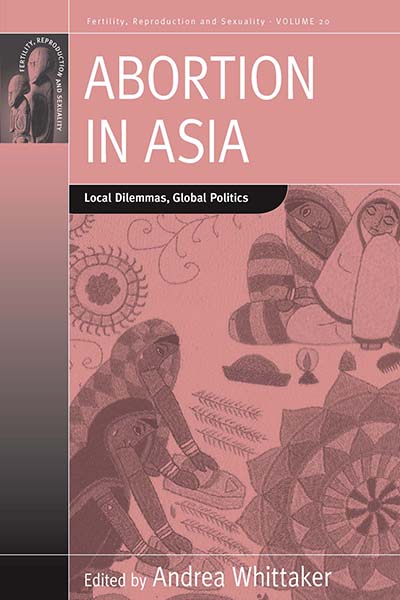 Published July 2010
Published July 2010 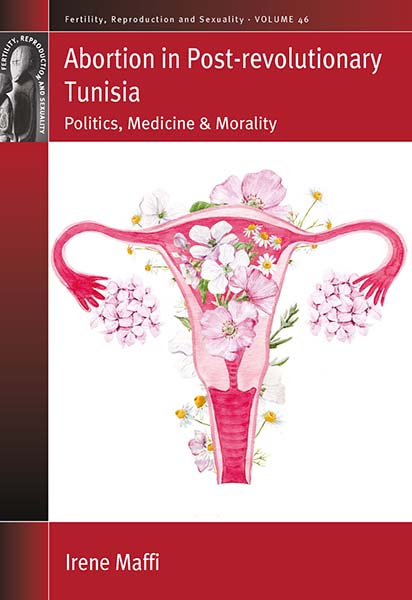 Published May 2020
Published May 2020 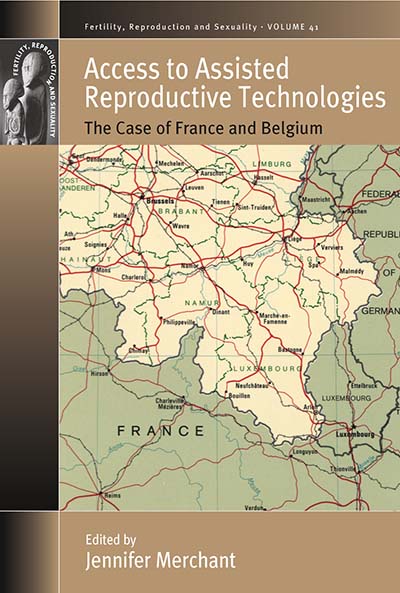 Published November 2019
Published November 2019 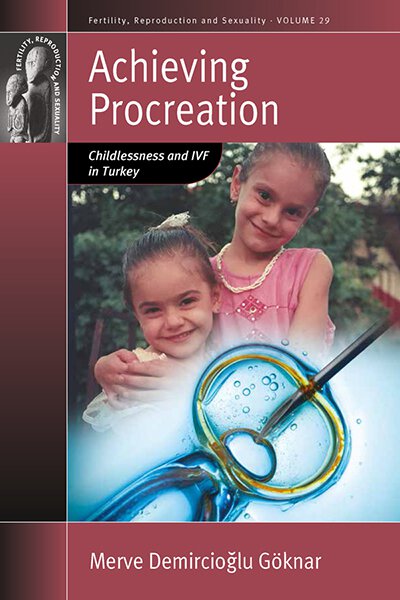 Published June 2015
Published June 2015 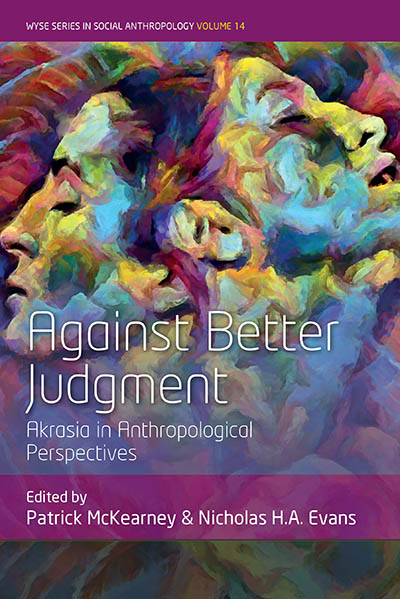 Published June 2023
Published June 2023 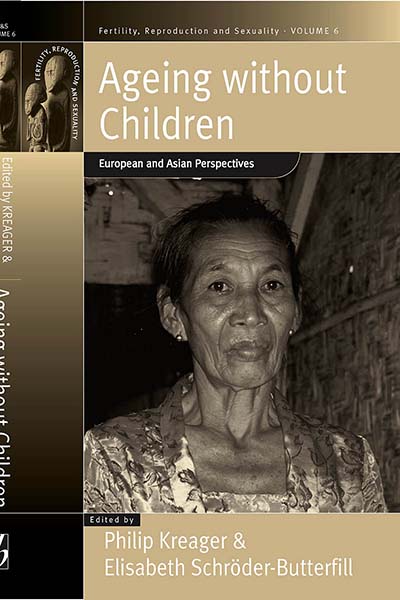 Published March 2005
Published March 2005 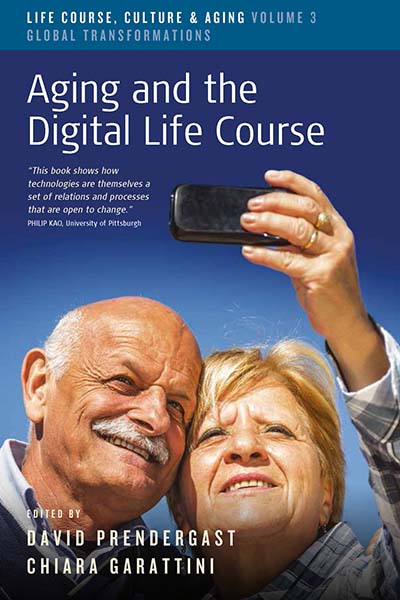 Published June 2015
Published June 2015 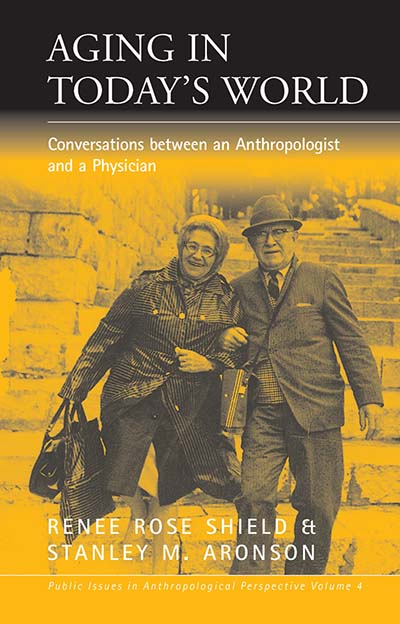 Published May 2003
Published May 2003 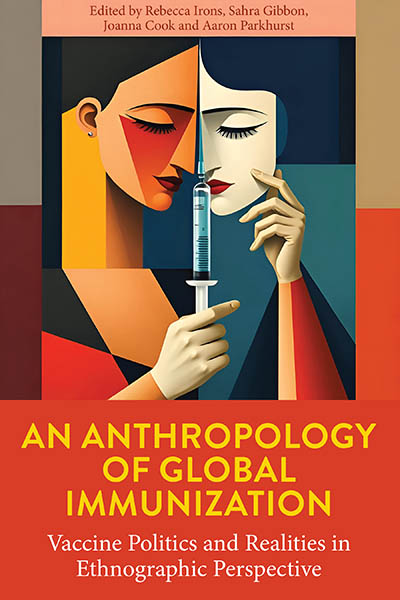 Forthcoming January 2026
Forthcoming January 2026 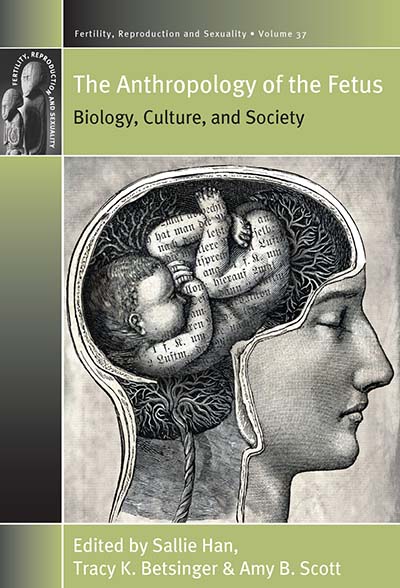 Published October 2017
Published October 2017 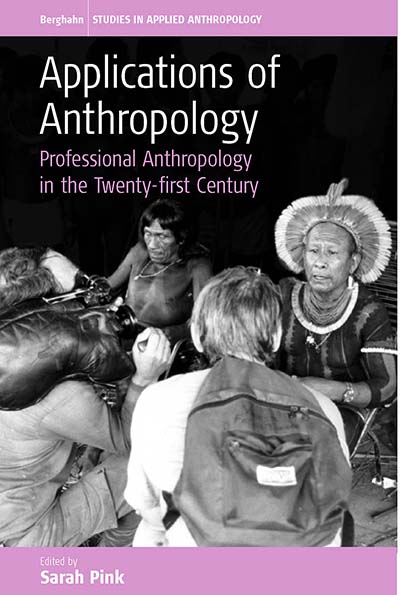 Published December 2005
Published December 2005 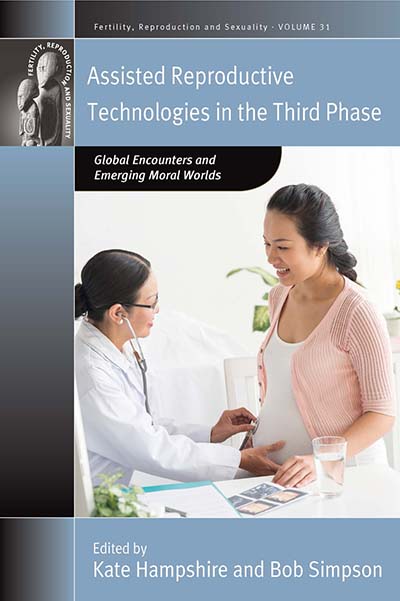 Published September 2015
Published September 2015 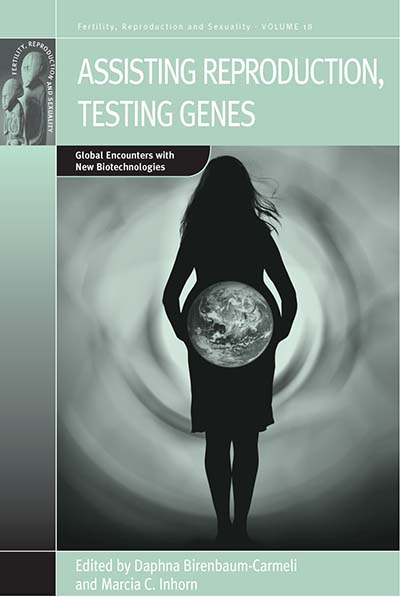 Published August 2009
Published August 2009 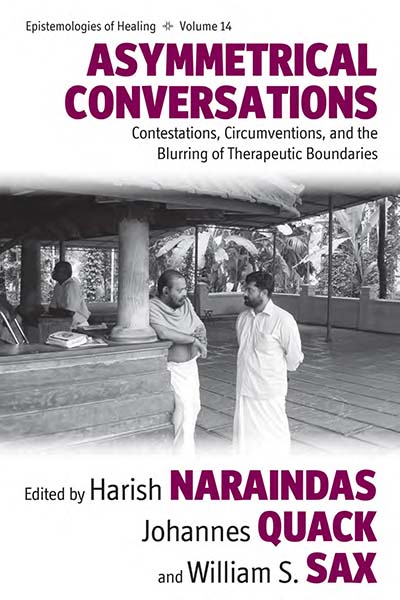 Published May 2014
Published May 2014 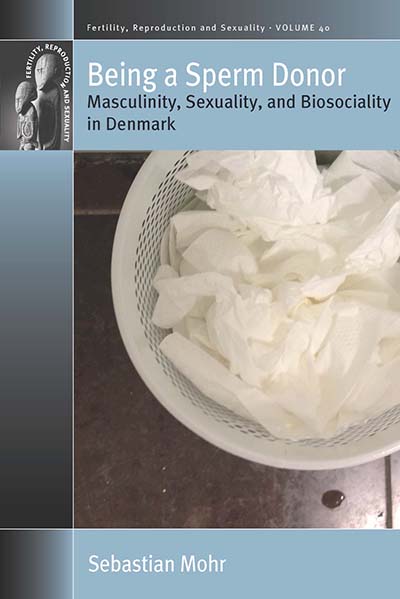 Published August 2018
Published August 2018  Forthcoming April 2026
Forthcoming April 2026 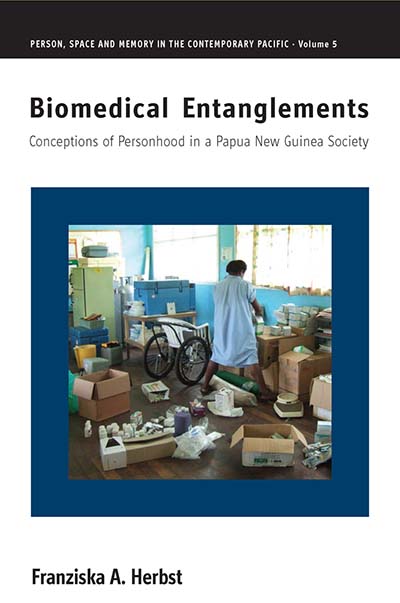 Published October 2016
Published October 2016 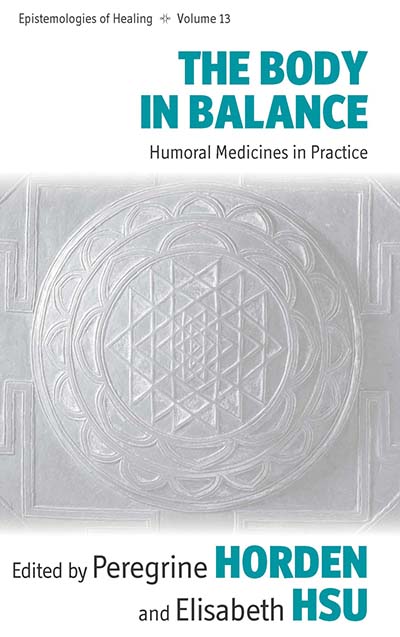 Published August 2013
Published August 2013 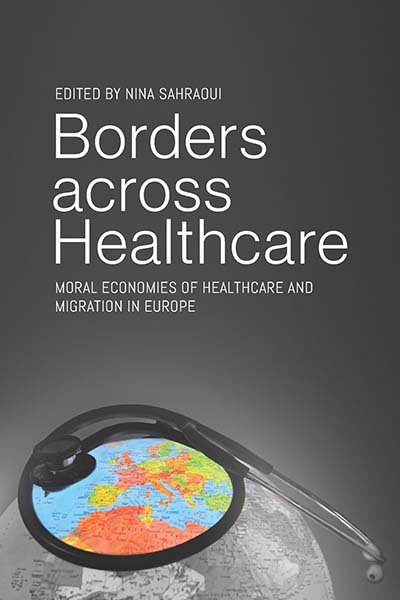 Published June 2020
Published June 2020 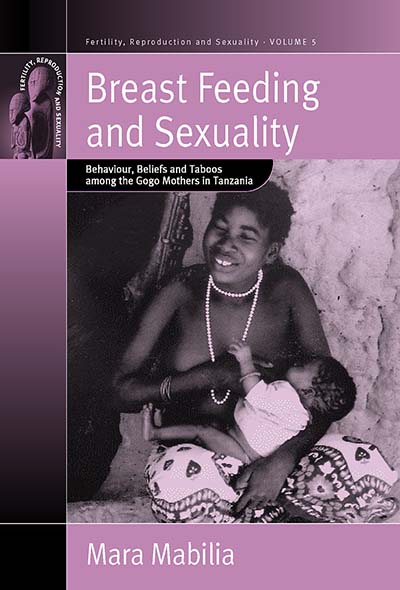 Published June 2005
Published June 2005 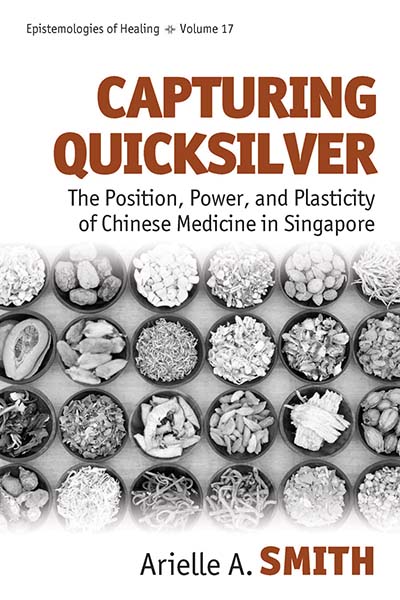 Published May 2018
Published May 2018 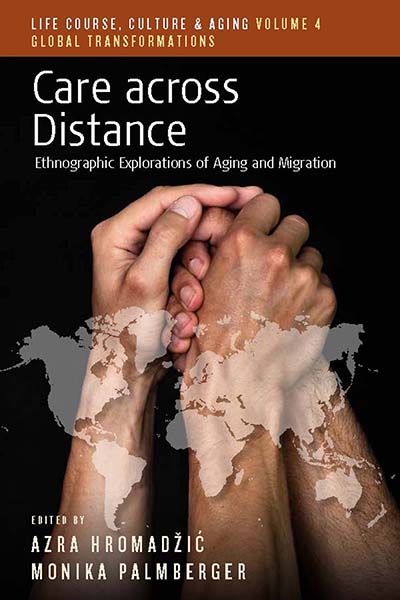 Published May 2018
Published May 2018 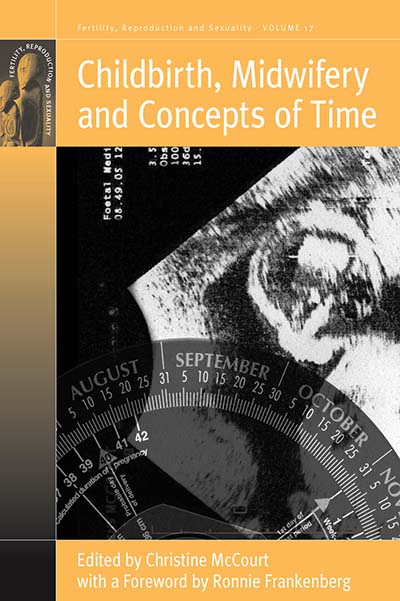 Published September 2009
Published September 2009  Published July 2022
Published July 2022 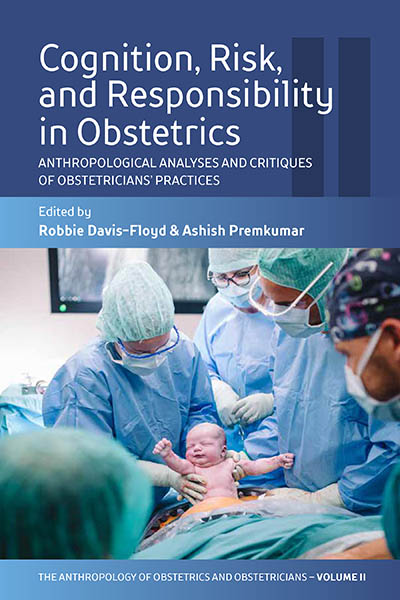 Published June 2023
Published June 2023 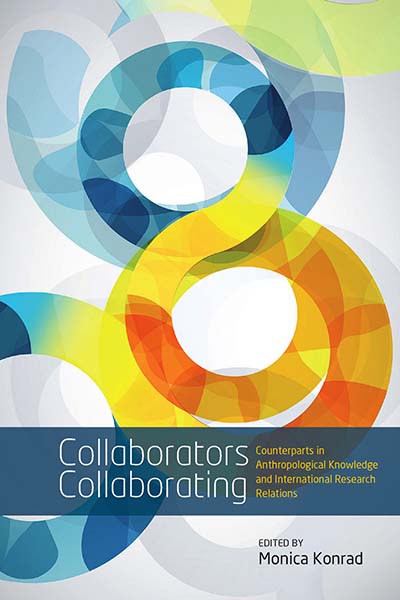 Published May 2012
Published May 2012 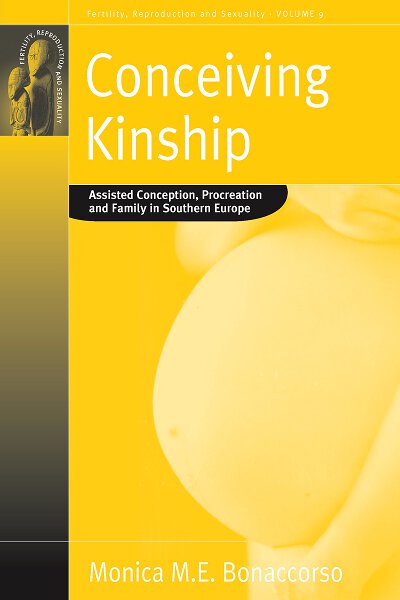 Published October 2008
Published October 2008  Published August 2016
Published August 2016 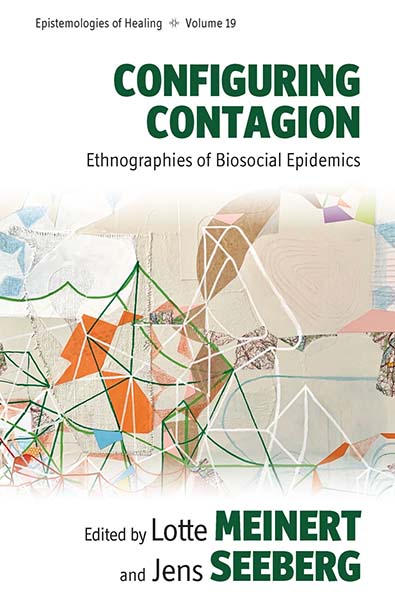 Published February 2022
Published February 2022 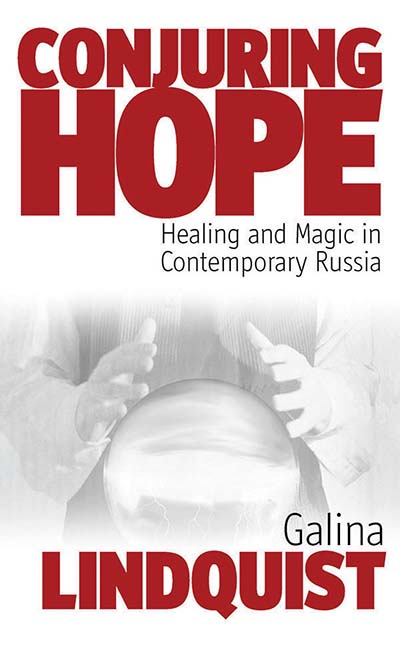 Published December 2005
Published December 2005 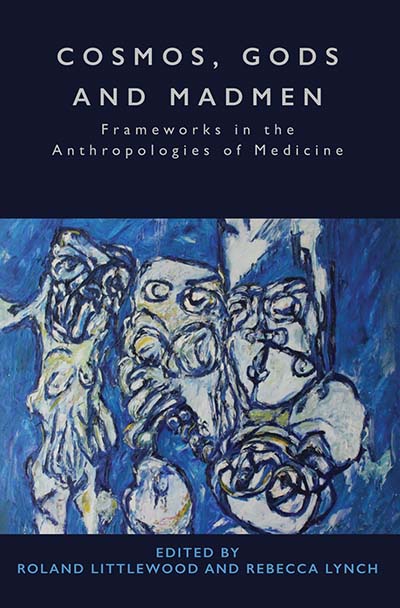 Published June 2016
Published June 2016  Published January 2015
Published January 2015 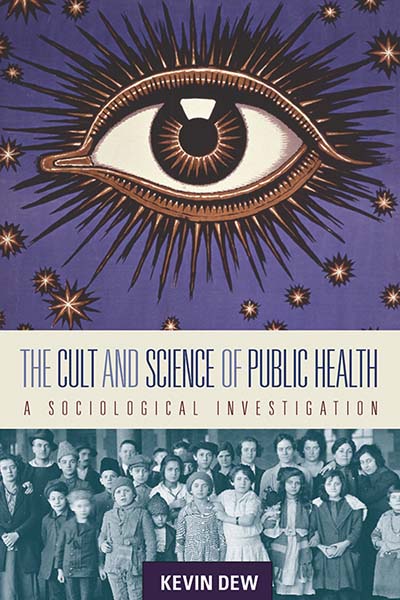 Published February 2012
Published February 2012 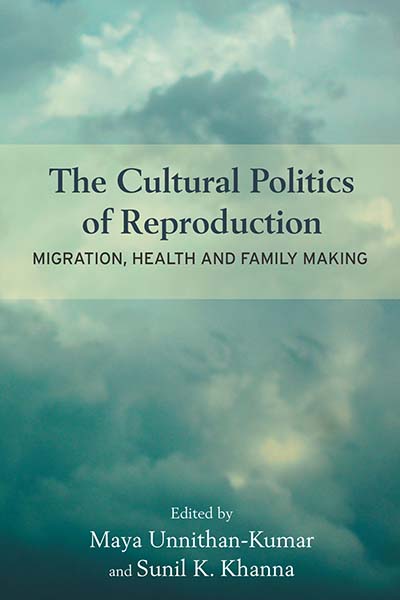 Published November 2014
Published November 2014 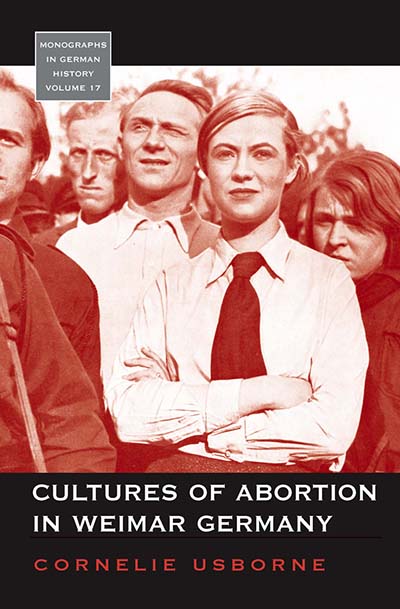 Published December 2007
Published December 2007 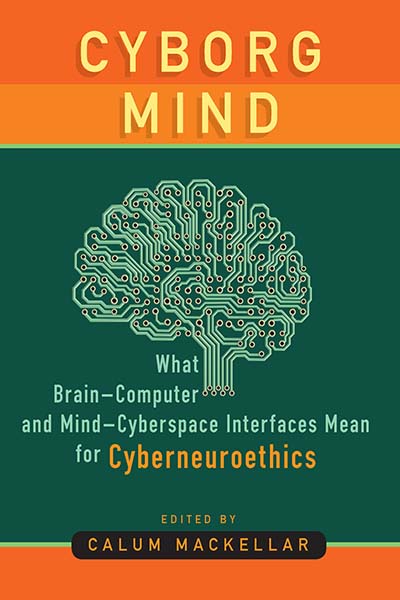 Published April 2019
Published April 2019 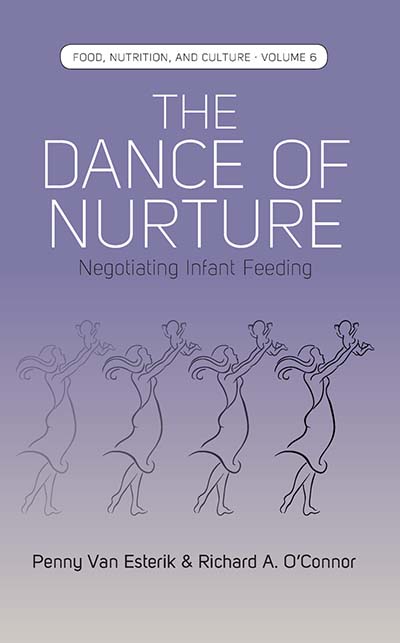 Published June 2017
Published June 2017 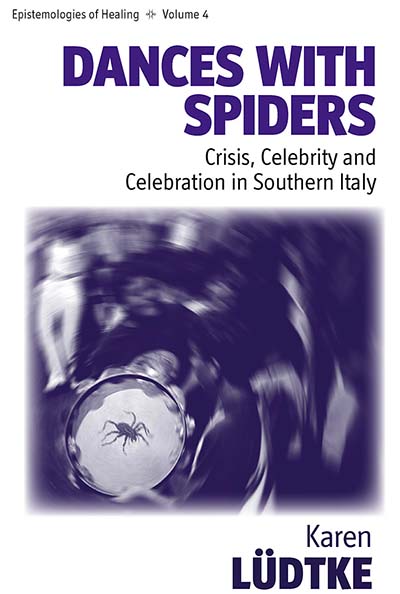 Published December 2008
Published December 2008 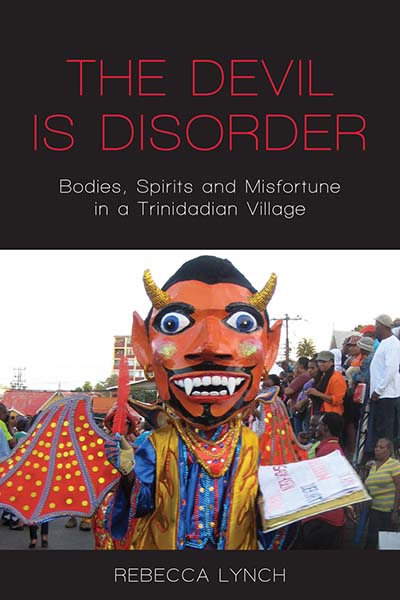 Published January 2020
Published January 2020 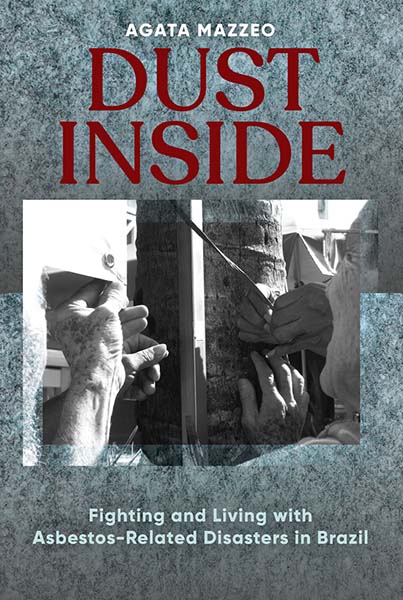 Published November 2020
Published November 2020 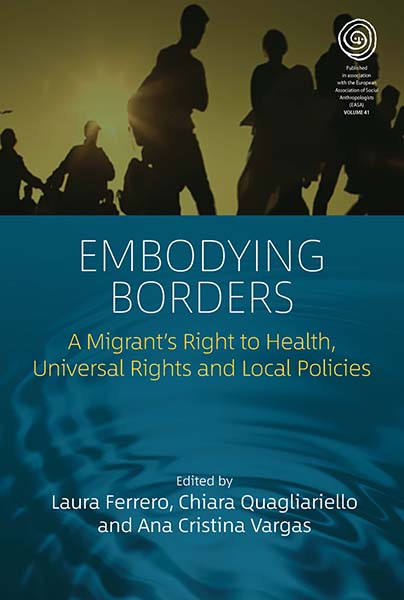 Published January 2021
Published January 2021 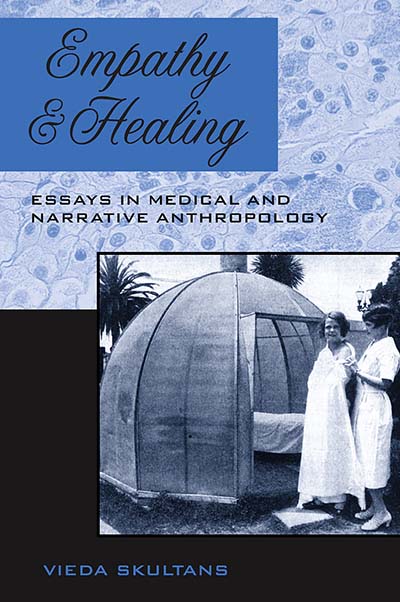 Published March 2008
Published March 2008 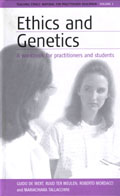 Published May 2003
Published May 2003 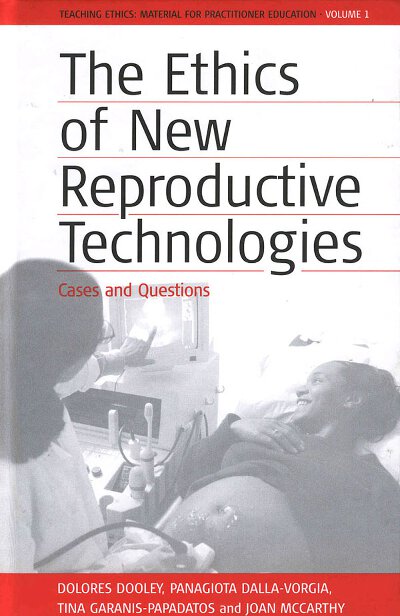 Published May 2003
Published May 2003  Published March 2014
Published March 2014 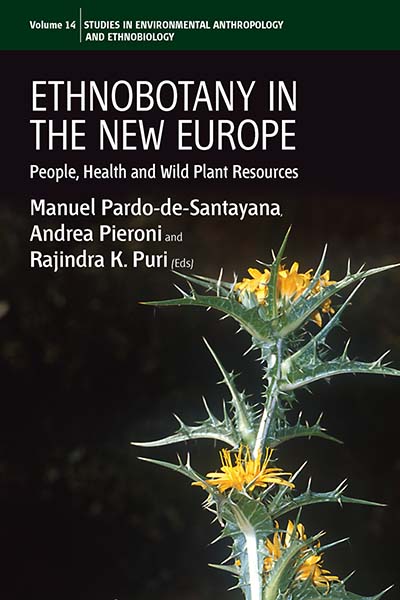 Published June 2010
Published June 2010 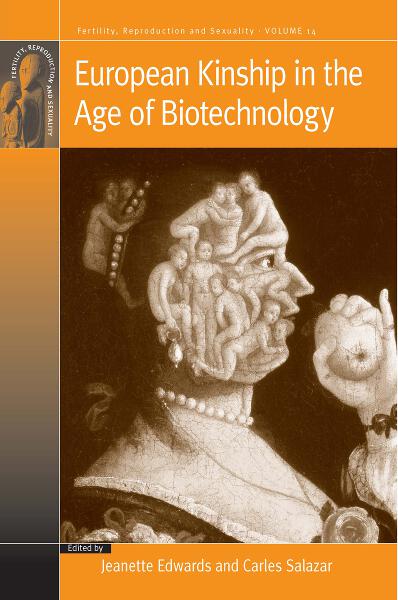 Published March 2009
Published March 2009 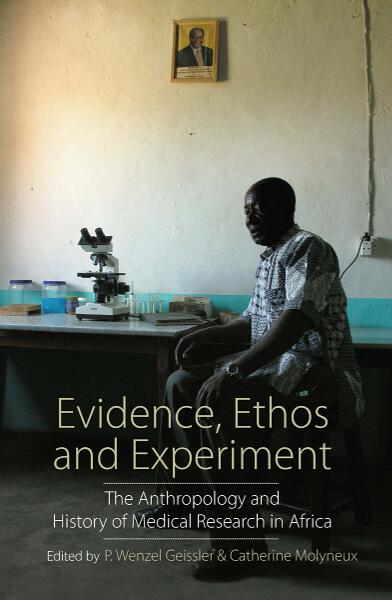 Published September 2011
Published September 2011 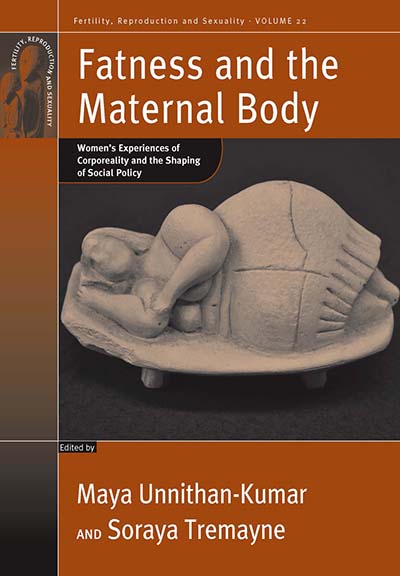 Published July 2011
Published July 2011  Published September 2017
Published September 2017 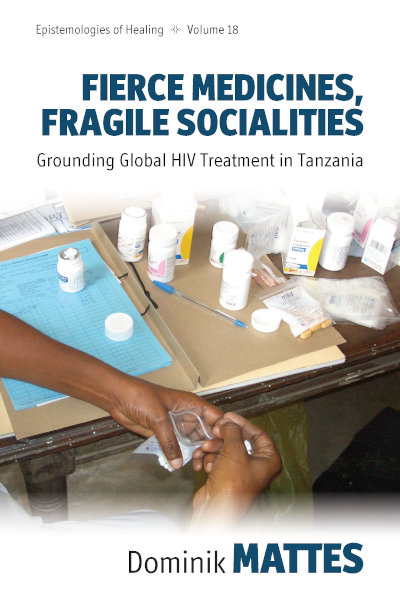 Published August 2019
Published August 2019 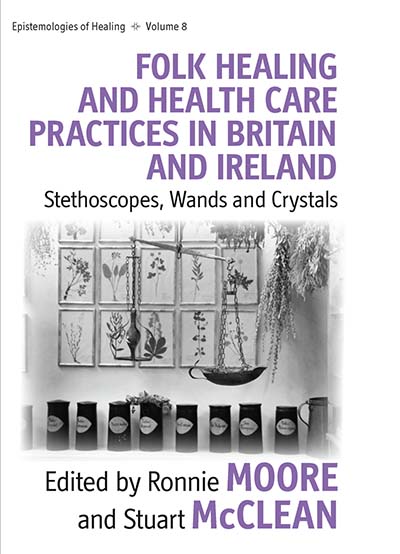 Published June 2010
Published June 2010 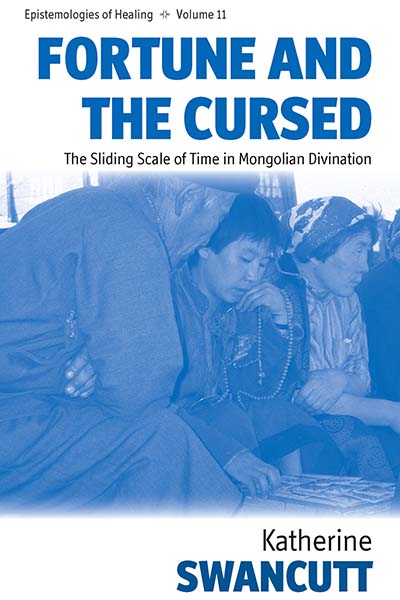 Published June 2012
Published June 2012 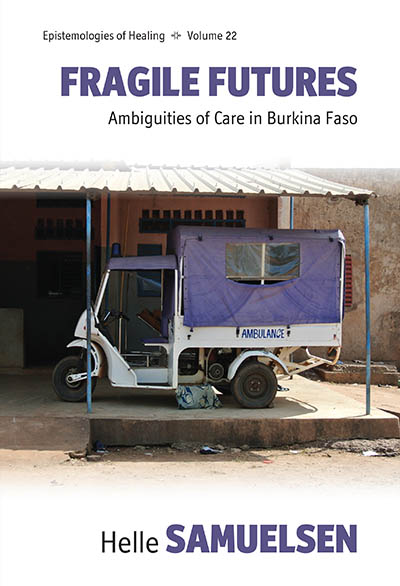 Published February 2024
Published February 2024 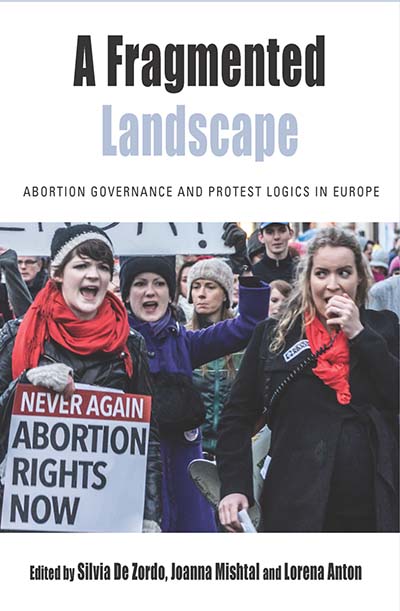 Published December 2016
Published December 2016  Published April 2025
Published April 2025  Published March 2015
Published March 2015 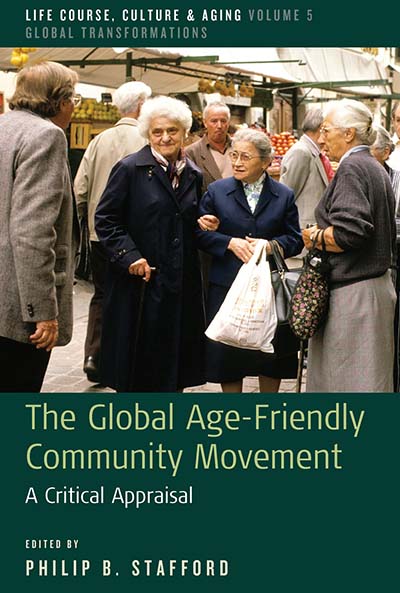 Published October 2018
Published October 2018 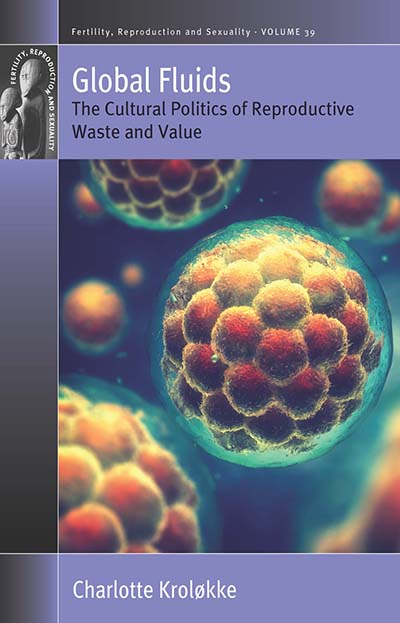 Published July 2018
Published July 2018 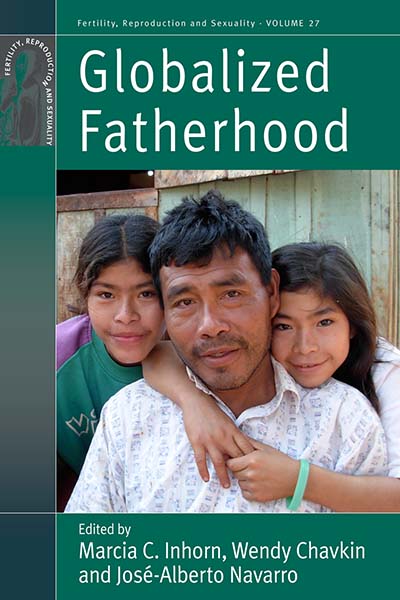 Published October 2014
Published October 2014 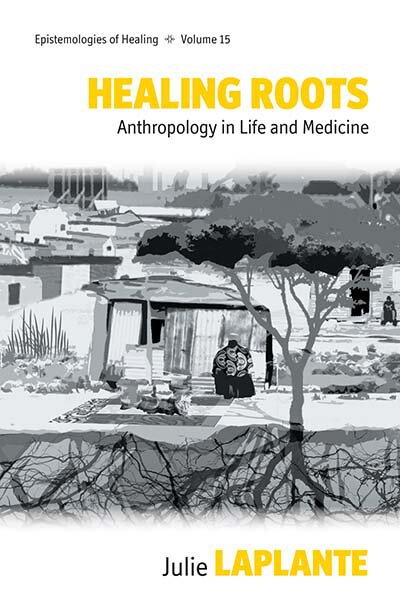 Published February 2015
Published February 2015 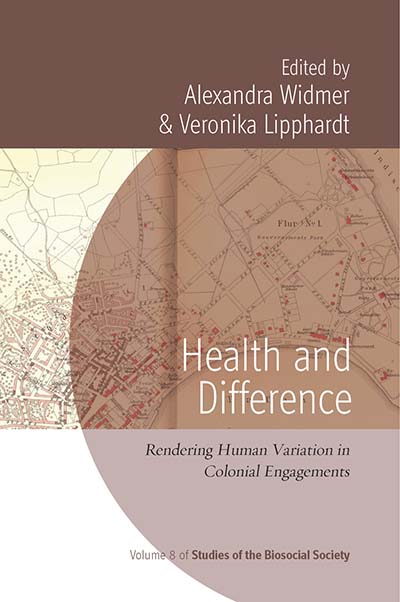 Published September 2016
Published September 2016 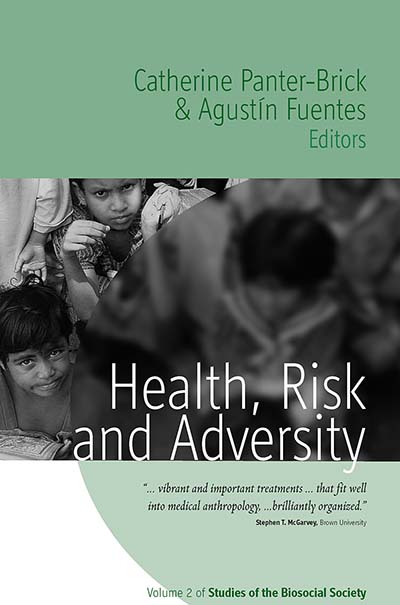 Published November 2008
Published November 2008 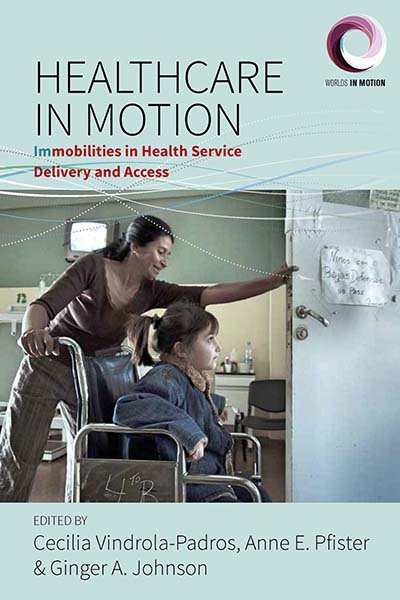 Published August 2018
Published August 2018 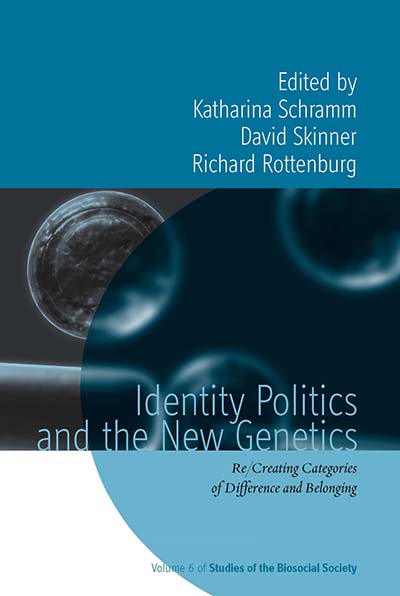 Published January 2012
Published January 2012  Published February 2025
Published February 2025  Published December 2008
Published December 2008 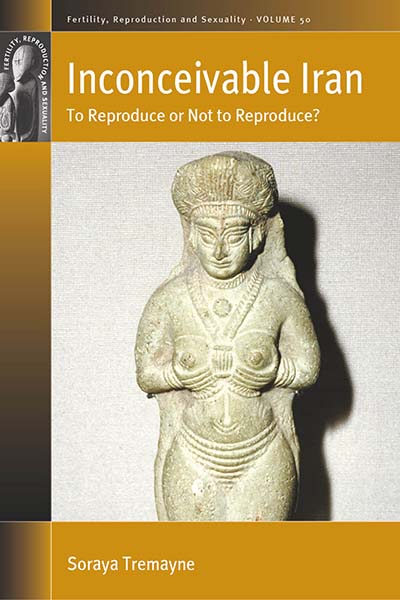 Published October 2022
Published October 2022 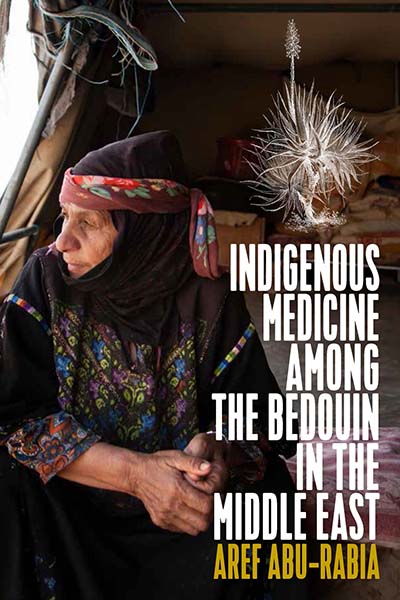 Published October 2015
Published October 2015 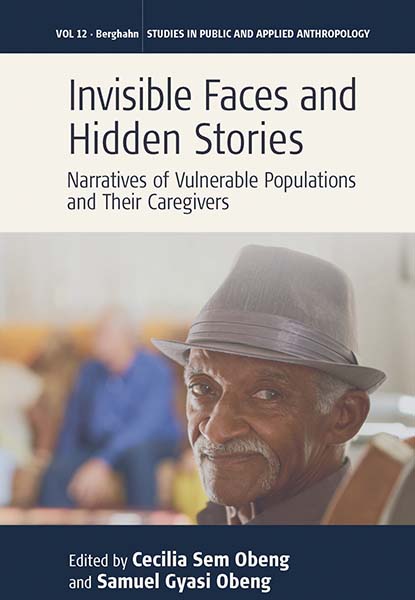 Published November 2020
Published November 2020 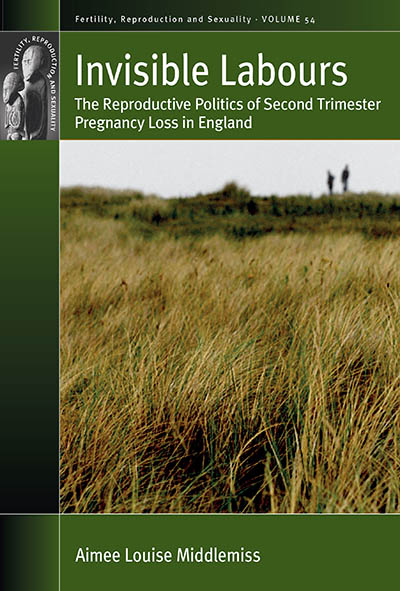 Published February 2024
Published February 2024 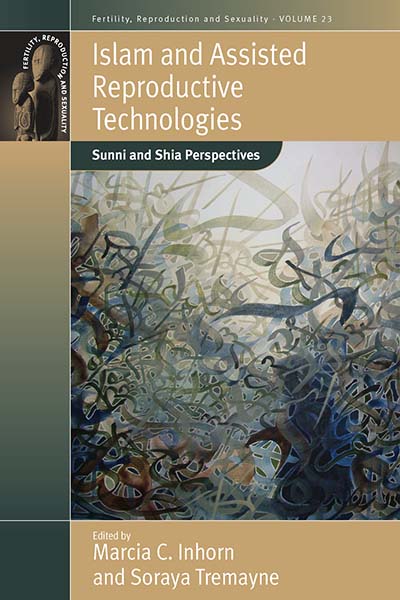 Published July 2012
Published July 2012 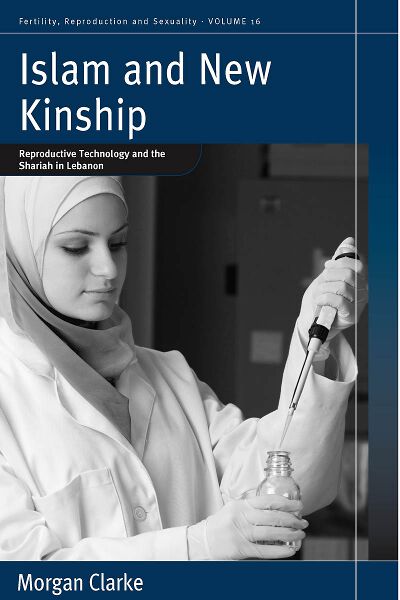 Published June 2009
Published June 2009 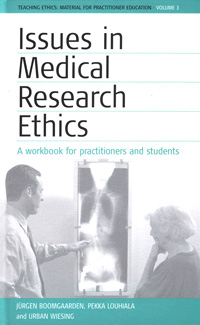 Published June 2003
Published June 2003  Published January 2020
Published January 2020 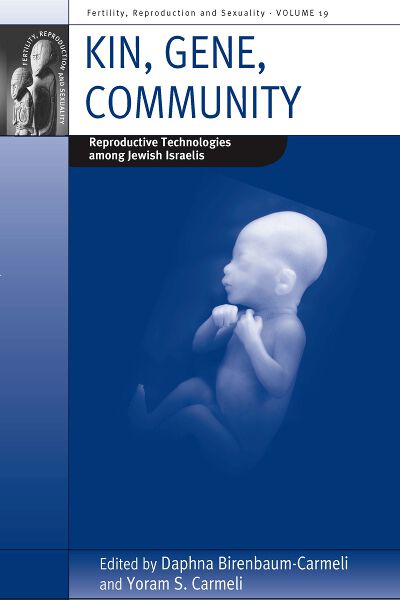 Published July 2010
Published July 2010 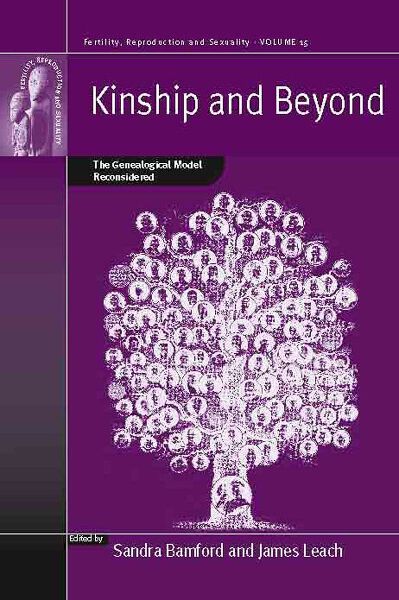 Published March 2009
Published March 2009 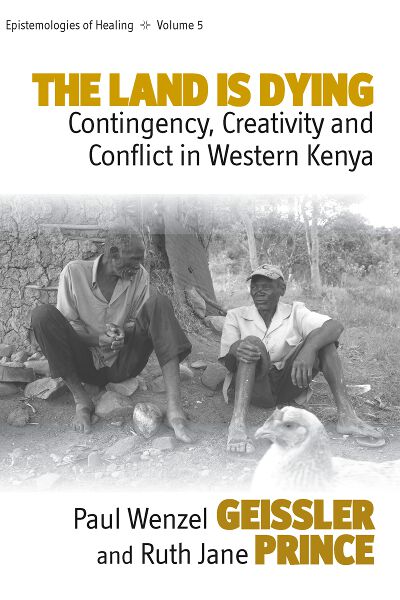 Published June 2010
Published June 2010  Published August 2017
Published August 2017  Published June 2014
Published June 2014 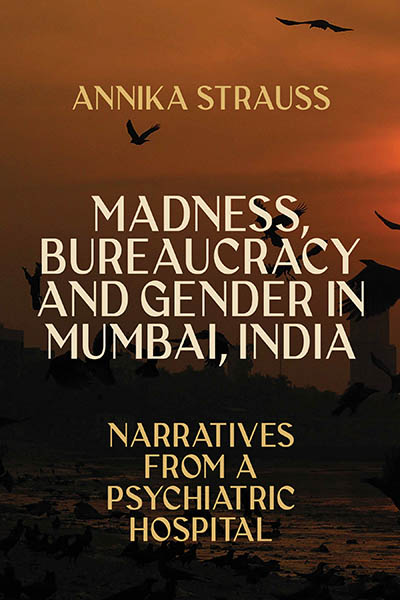 Published September 2023
Published September 2023 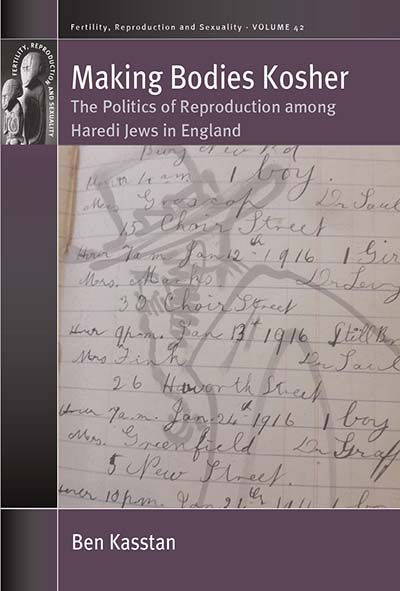 Published June 2019
Published June 2019 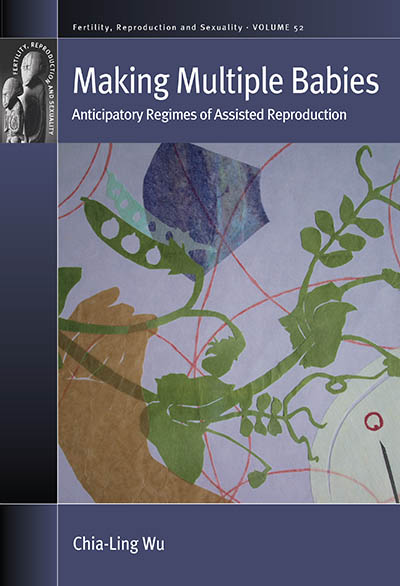 Published February 2023
Published February 2023 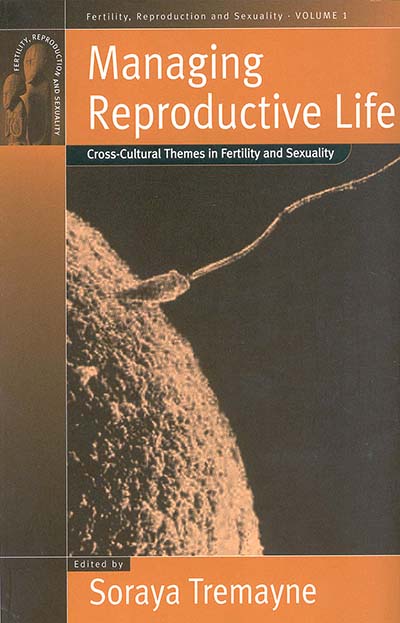 Published December 2001
Published December 2001  Published April 2013
Published April 2013 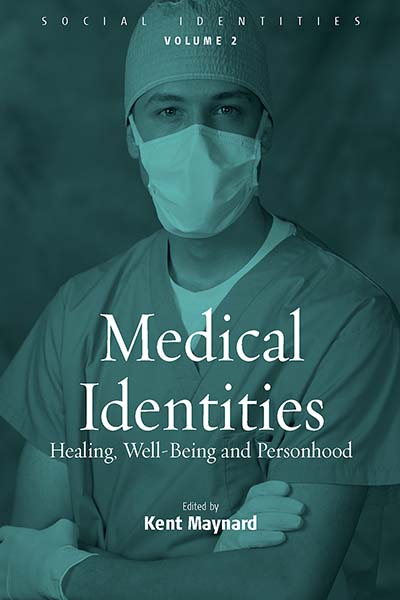 Published May 2007
Published May 2007 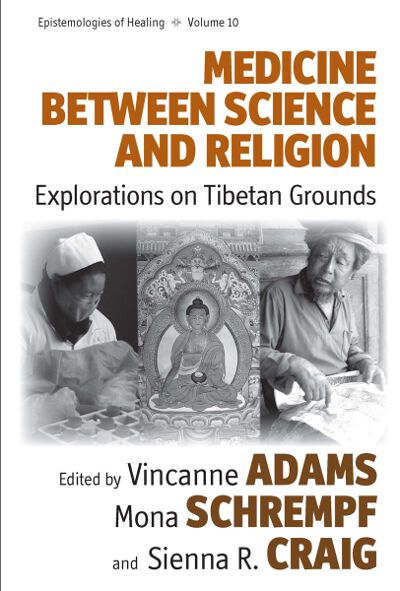 Published December 2010
Published December 2010 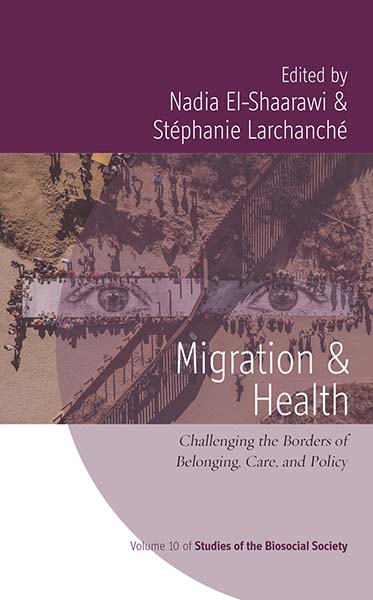 Published June 2022
Published June 2022 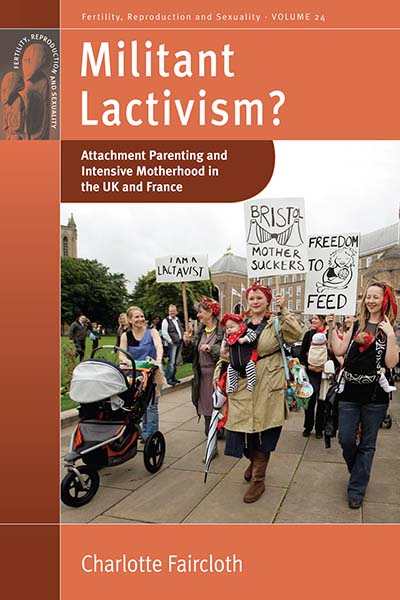 Published March 2013
Published March 2013 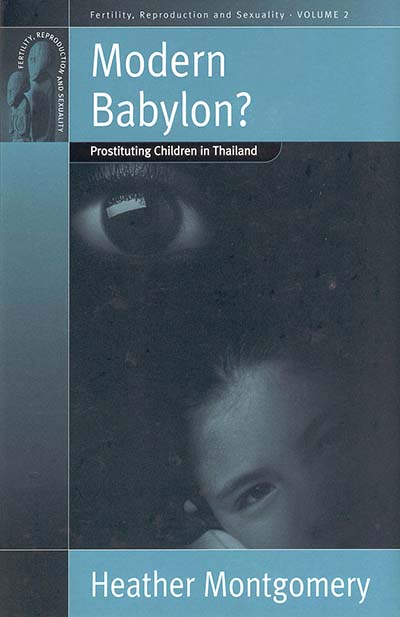 Published December 2001
Published December 2001 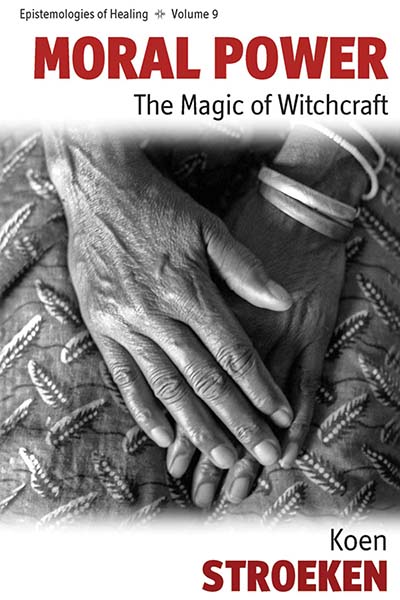 Published July 2010
Published July 2010 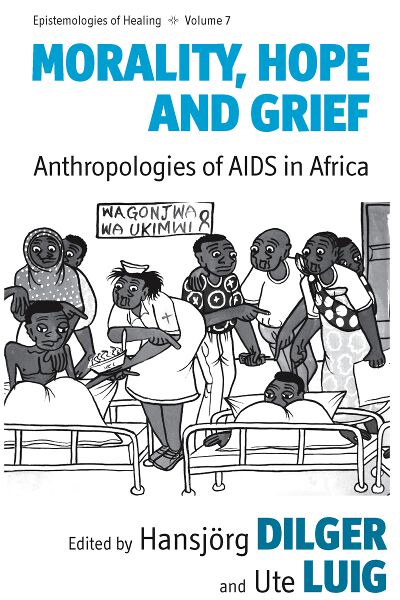 Published May 2010
Published May 2010 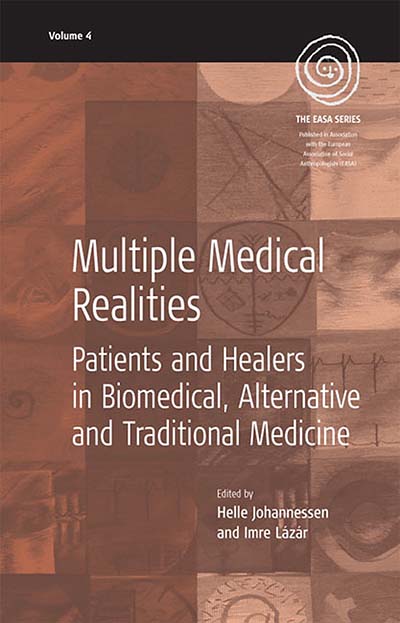 Published December 2005
Published December 2005 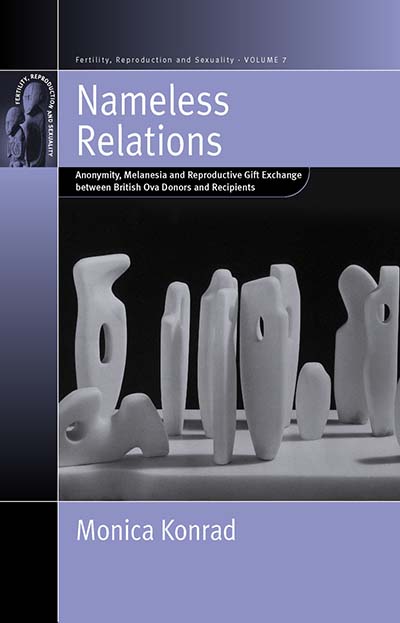 Published May 2005
Published May 2005 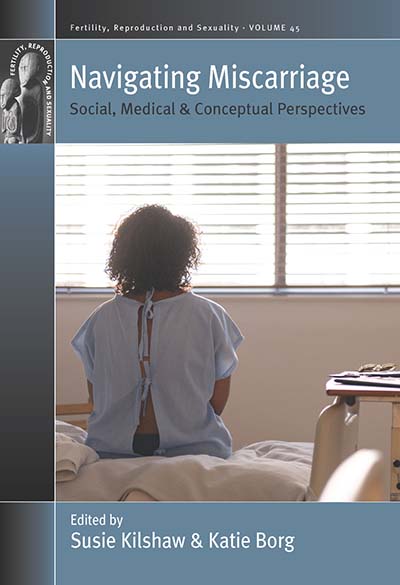 Published March 2020
Published March 2020 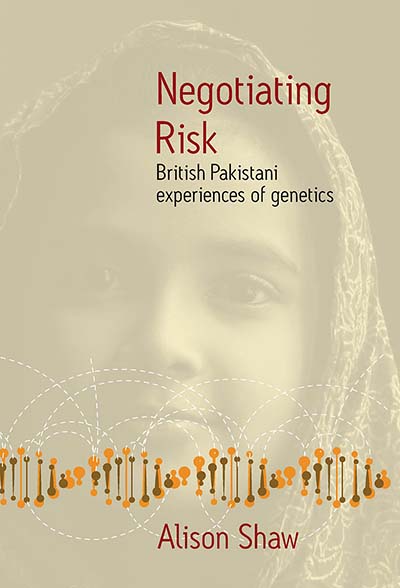 Published January 2009
Published January 2009 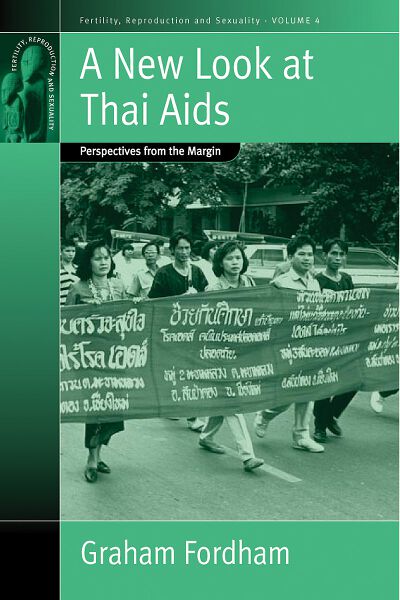 Published December 2004
Published December 2004  Published January 2025
Published January 2025 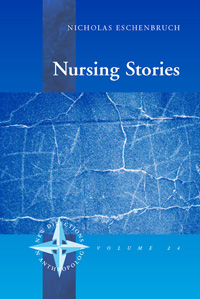 Published December 2006
Published December 2006 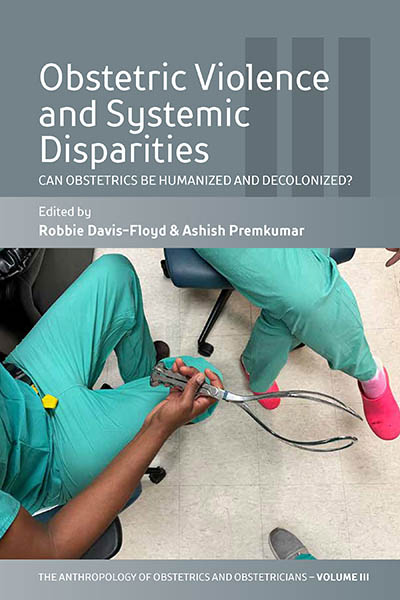 Published June 2023
Published June 2023 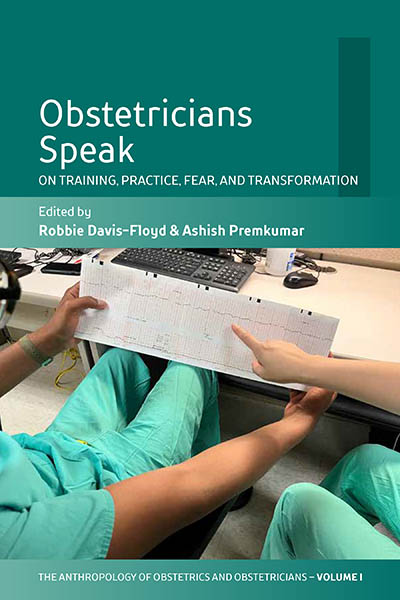 Published June 2023
Published June 2023  Published December 2018
Published December 2018 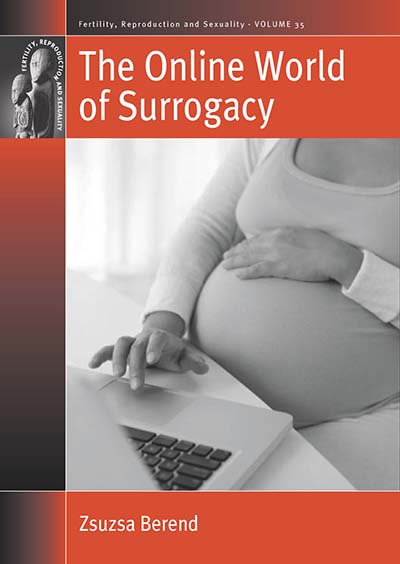 Published September 2016
Published September 2016 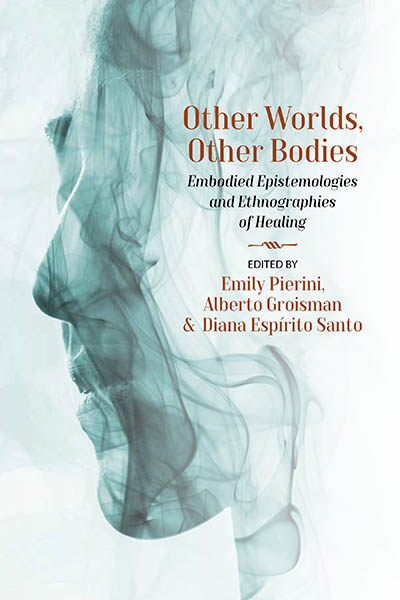 Published February 2023
Published February 2023 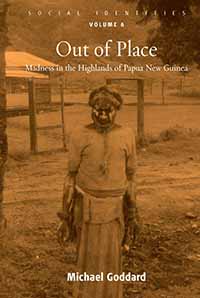 Published April 2011
Published April 2011 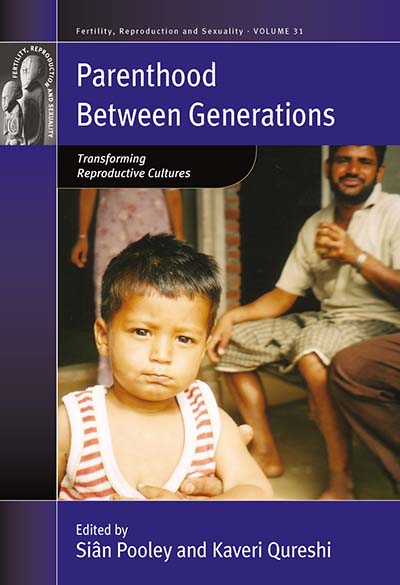 Published April 2016
Published April 2016 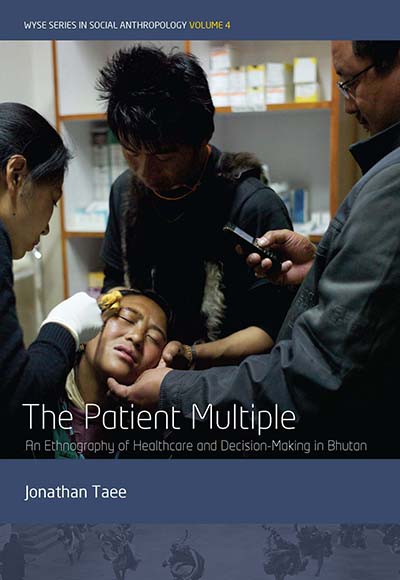 Published January 2017
Published January 2017 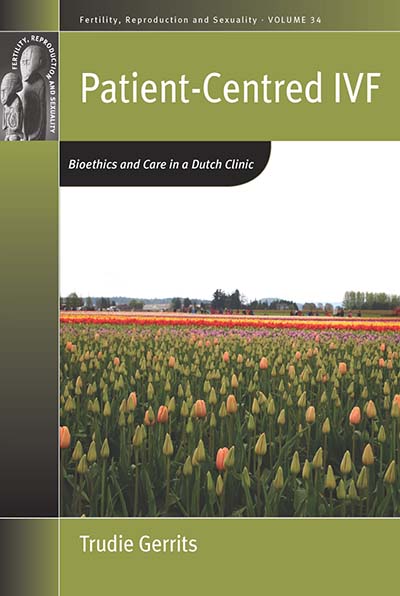 Published August 2016
Published August 2016 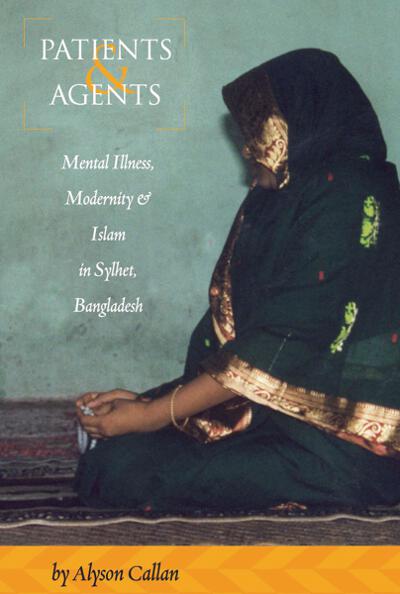 Published August 2012
Published August 2012 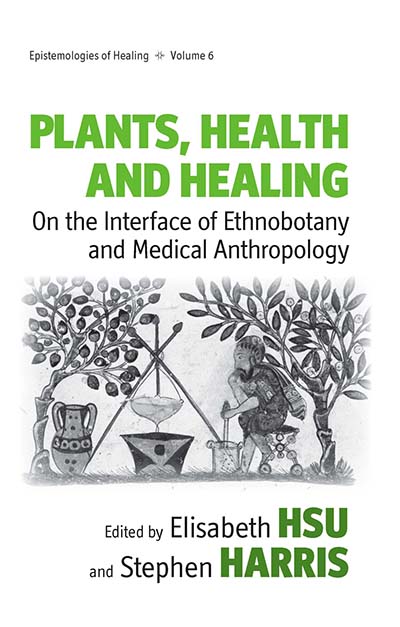 Published September 2010
Published September 2010 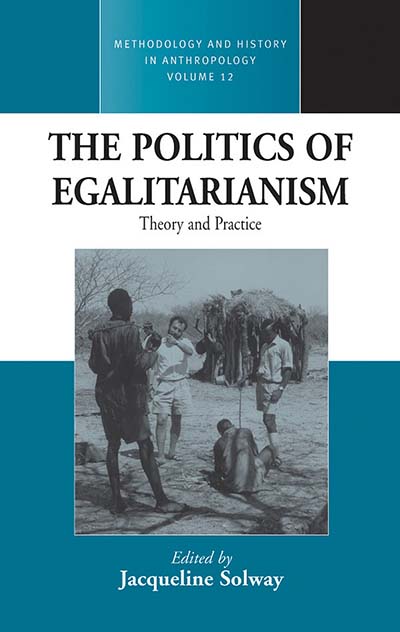 Published March 2006
Published March 2006 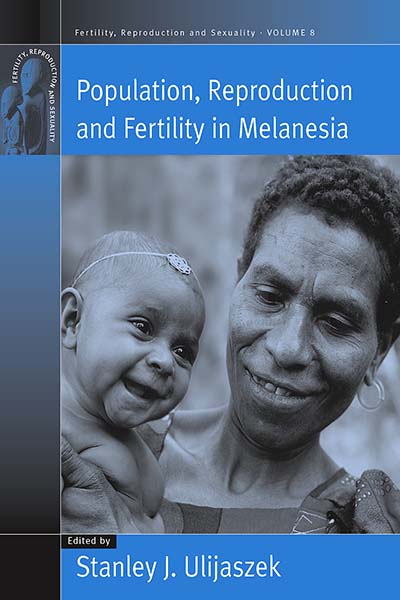 Published December 2005
Published December 2005  Published January 2014
Published January 2014  Forthcoming February 2026
Forthcoming February 2026  Forthcoming May 2026
Forthcoming May 2026 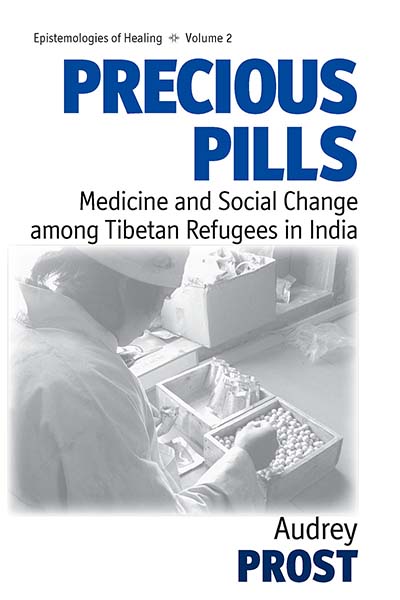 Published September 2008
Published September 2008  Published July 2013
Published July 2013 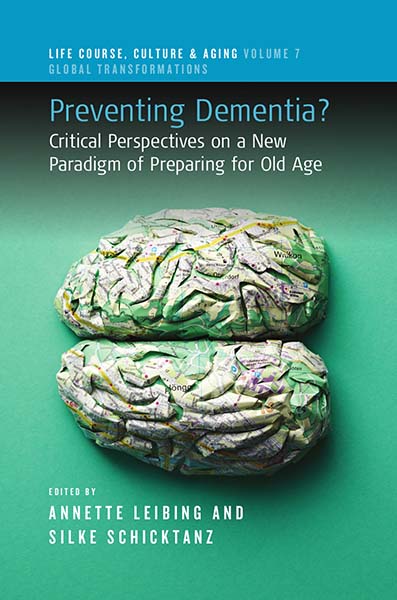 Published October 2020
Published October 2020 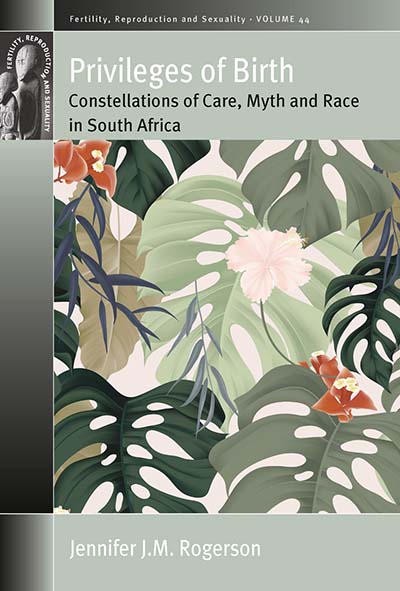 Published November 2019
Published November 2019 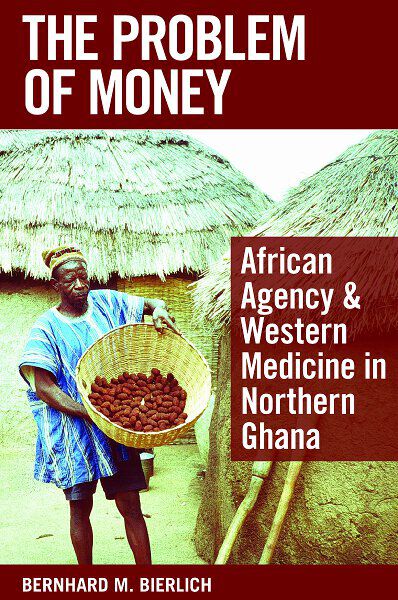 Published December 2007
Published December 2007 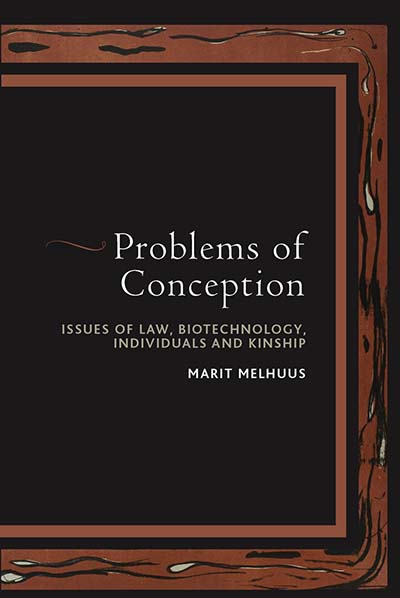 Published August 2012
Published August 2012 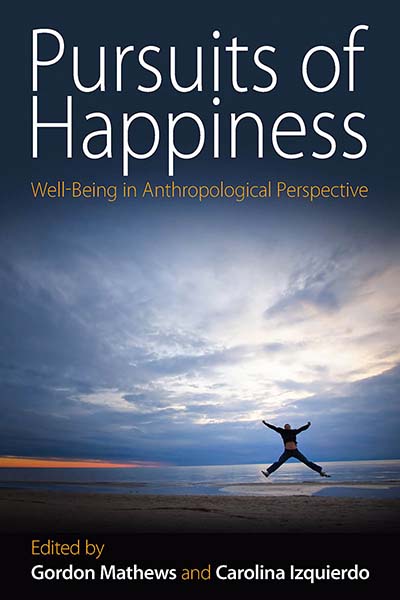 Published December 2008
Published December 2008 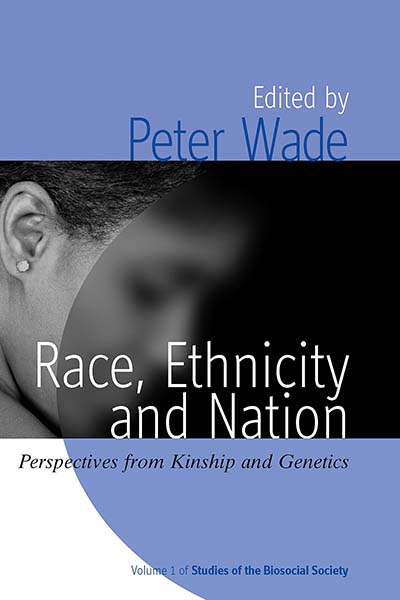 Published December 2007
Published December 2007 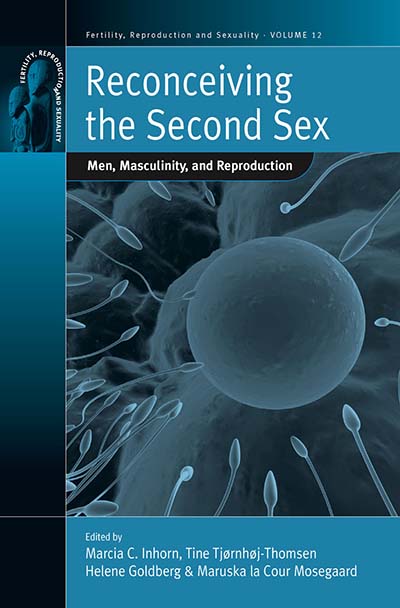 Published August 2009
Published August 2009 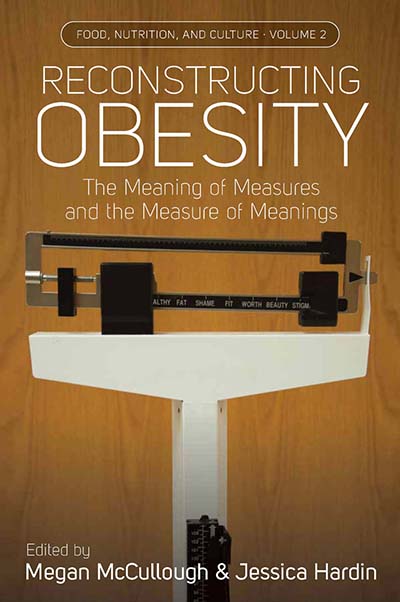 Published October 2013
Published October 2013  Published September 2016
Published September 2016 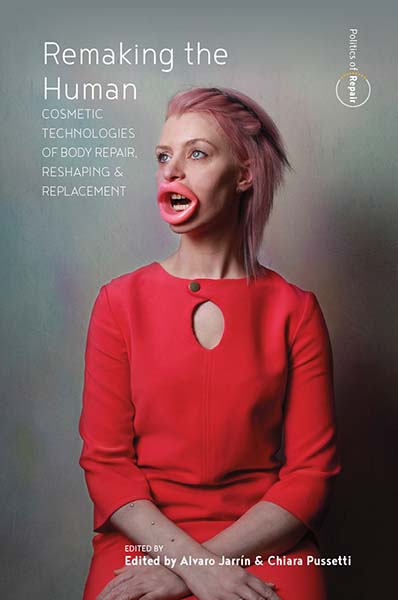 Published April 2021
Published April 2021 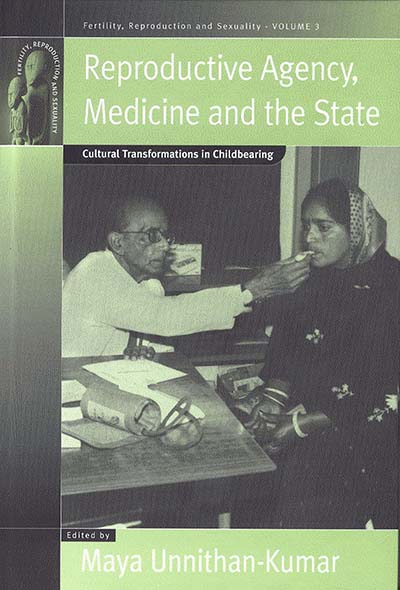 Published October 2004
Published October 2004 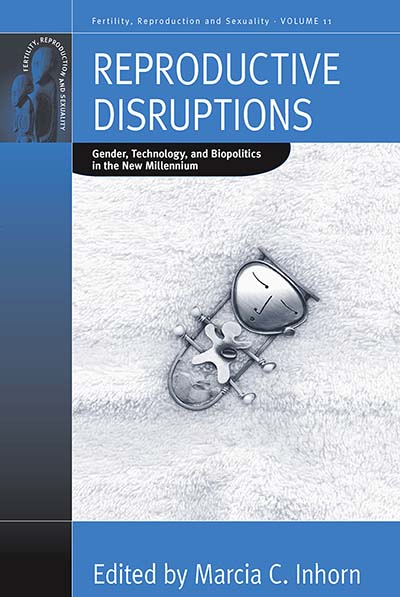 Published October 2007
Published October 2007  Published December 2025
Published December 2025 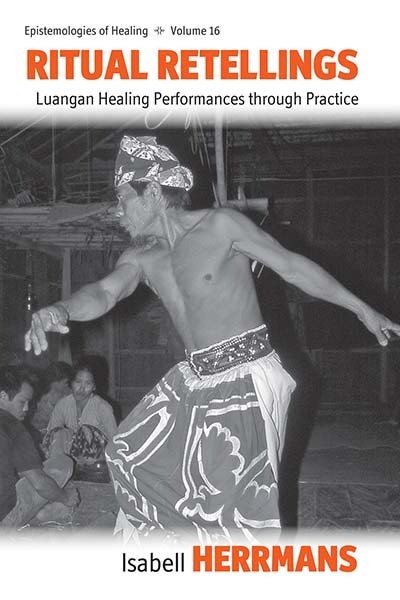 Published March 2015
Published March 2015 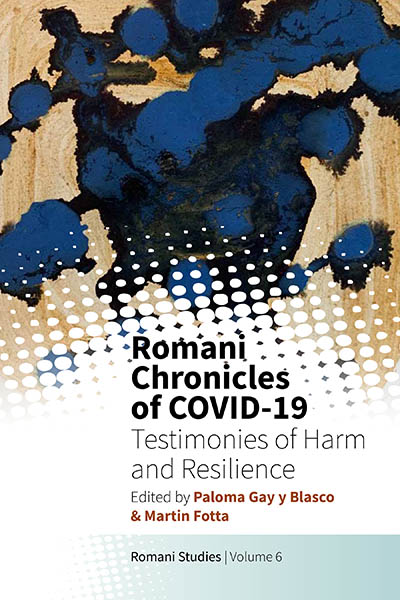 Published July 2023
Published July 2023 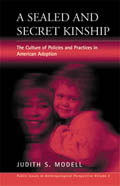 Published May 2002
Published May 2002 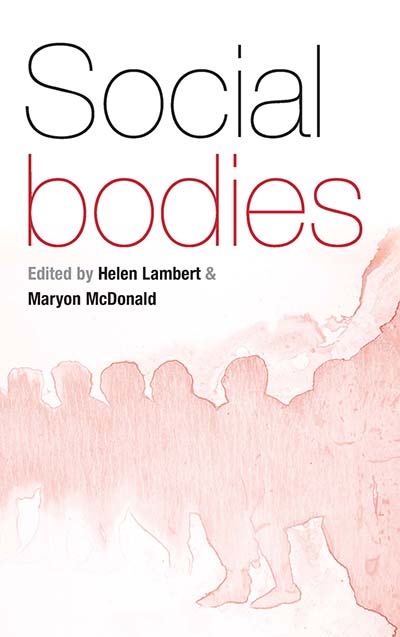 Published March 2009
Published March 2009 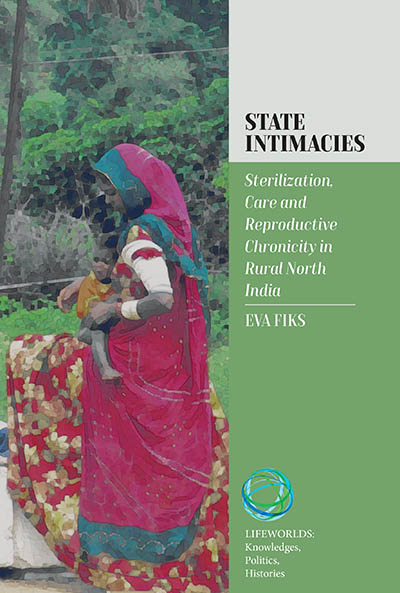 Published April 2024
Published April 2024 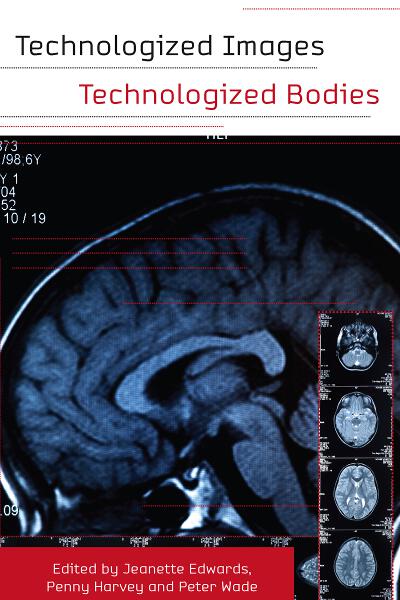 Published June 2010
Published June 2010 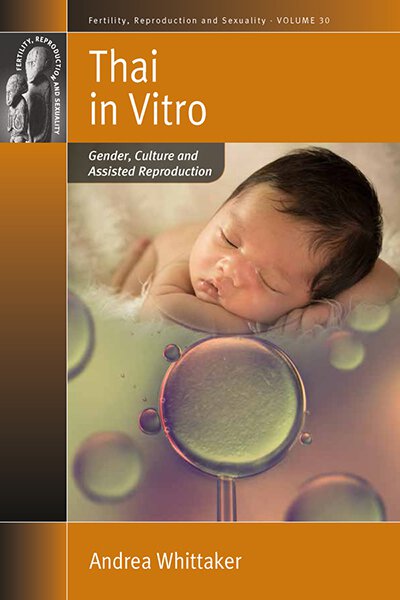 Published June 2015
Published June 2015  Published October 2025
Published October 2025 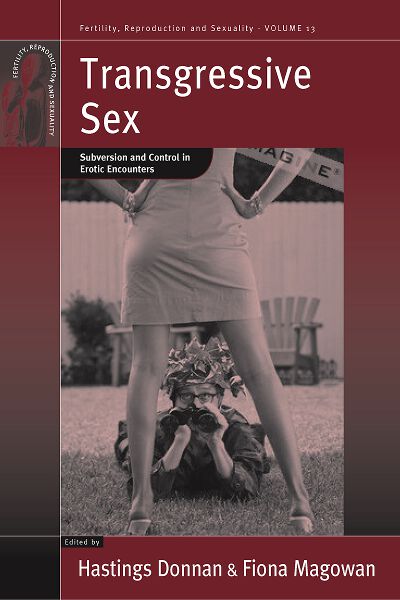 Published February 2009
Published February 2009 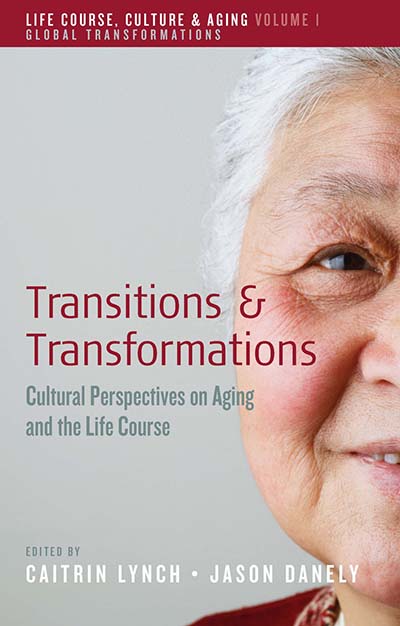 Published April 2013
Published April 2013 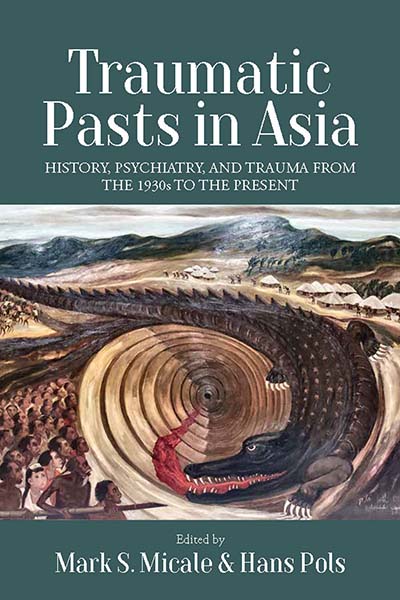 Published September 2021
Published September 2021 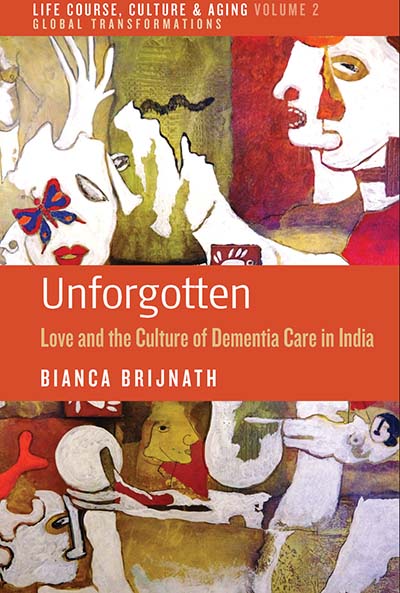 Published July 2014
Published July 2014  Published October 2010
Published October 2010  Published January 2024
Published January 2024 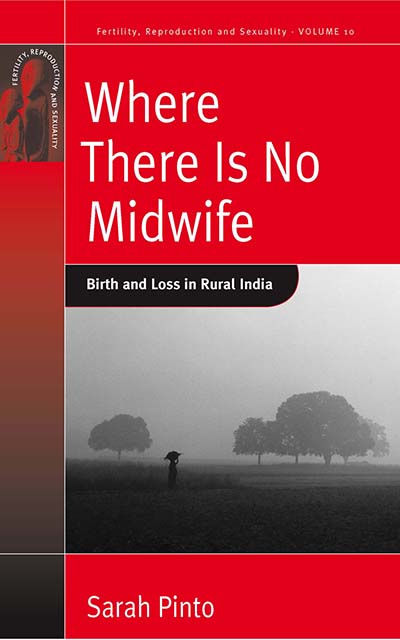 Published March 2008
Published March 2008  Published June 2025
Published June 2025 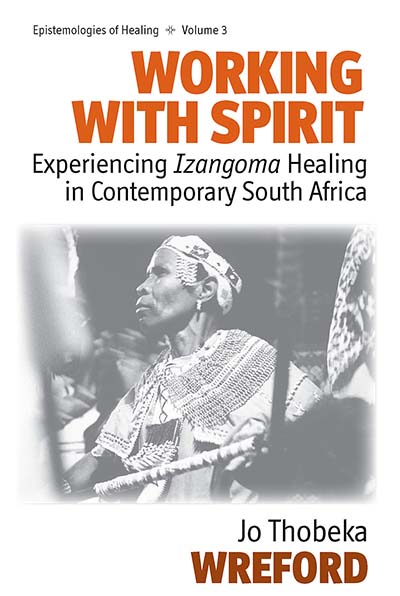 Published May 2008
Published May 2008